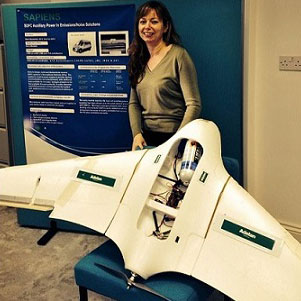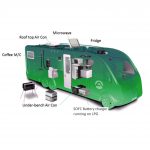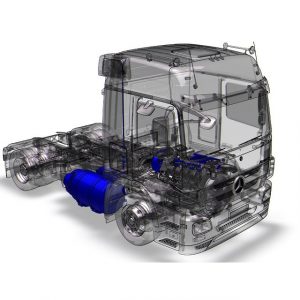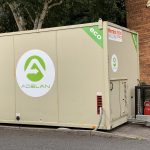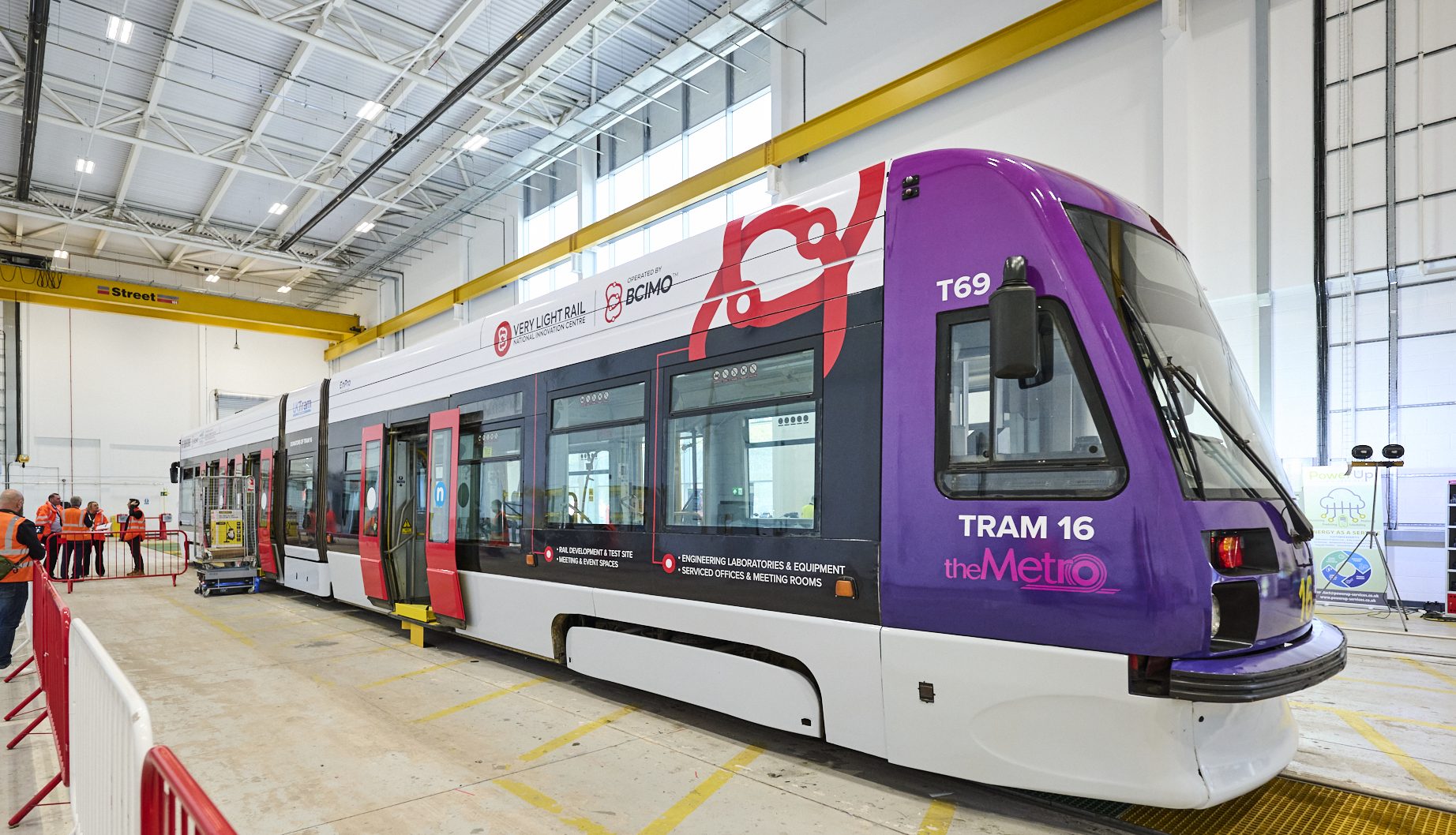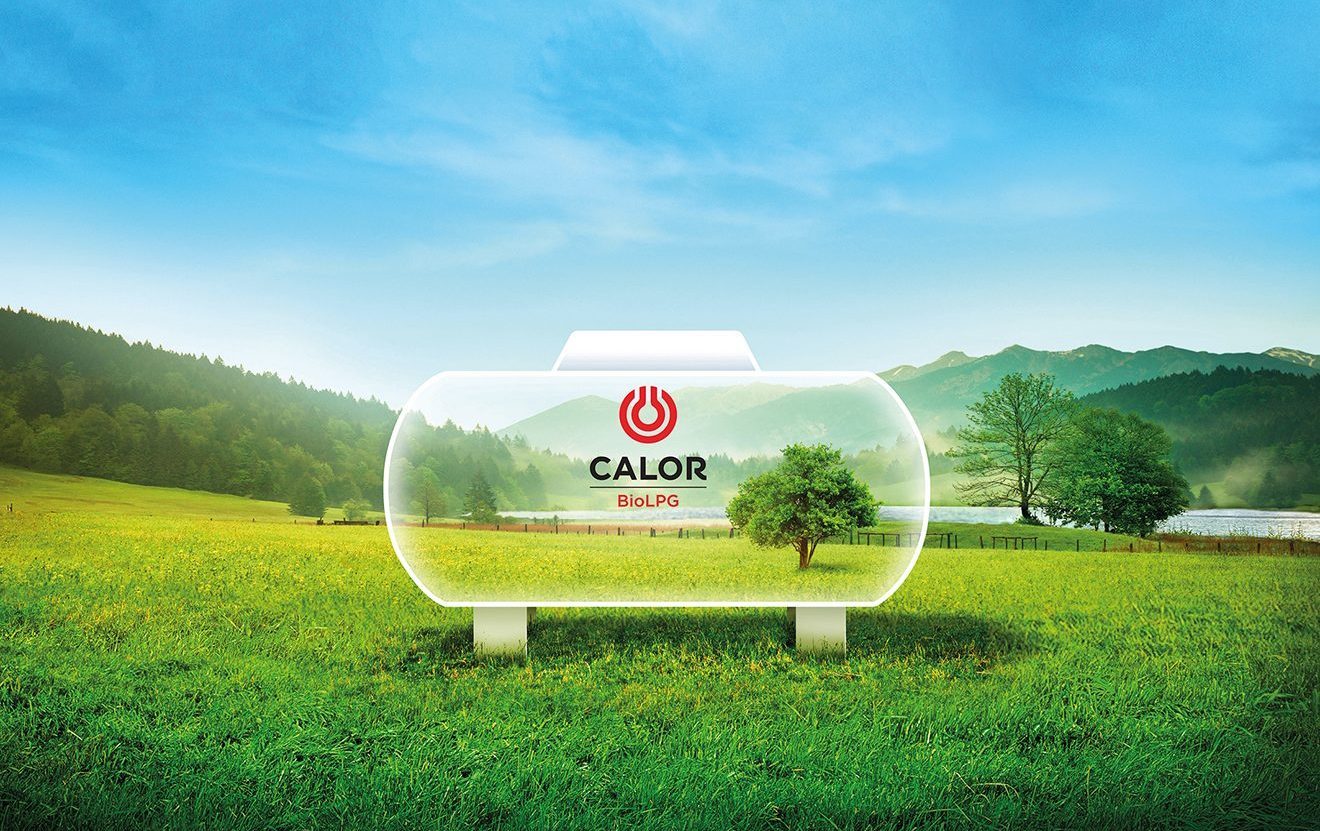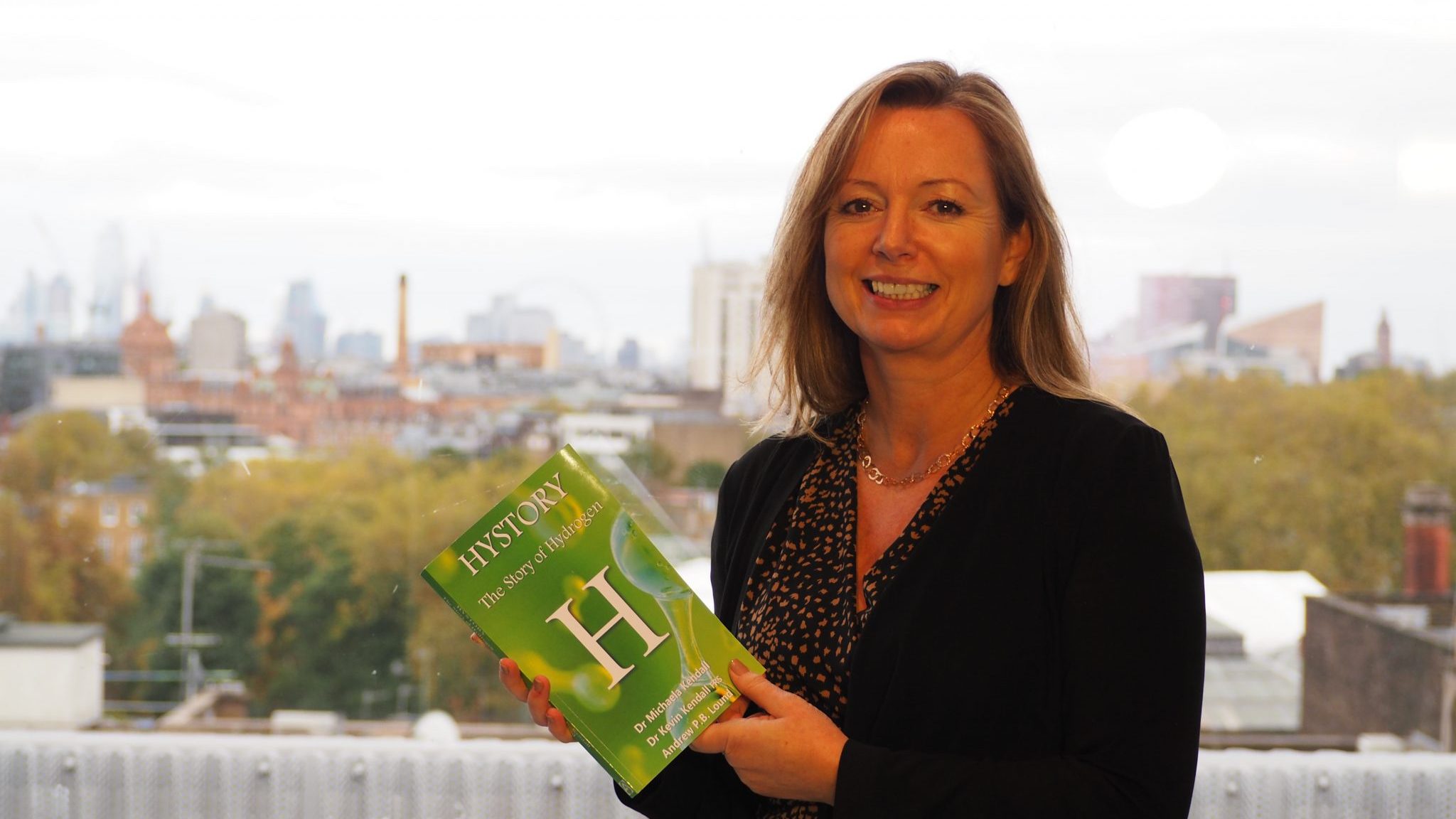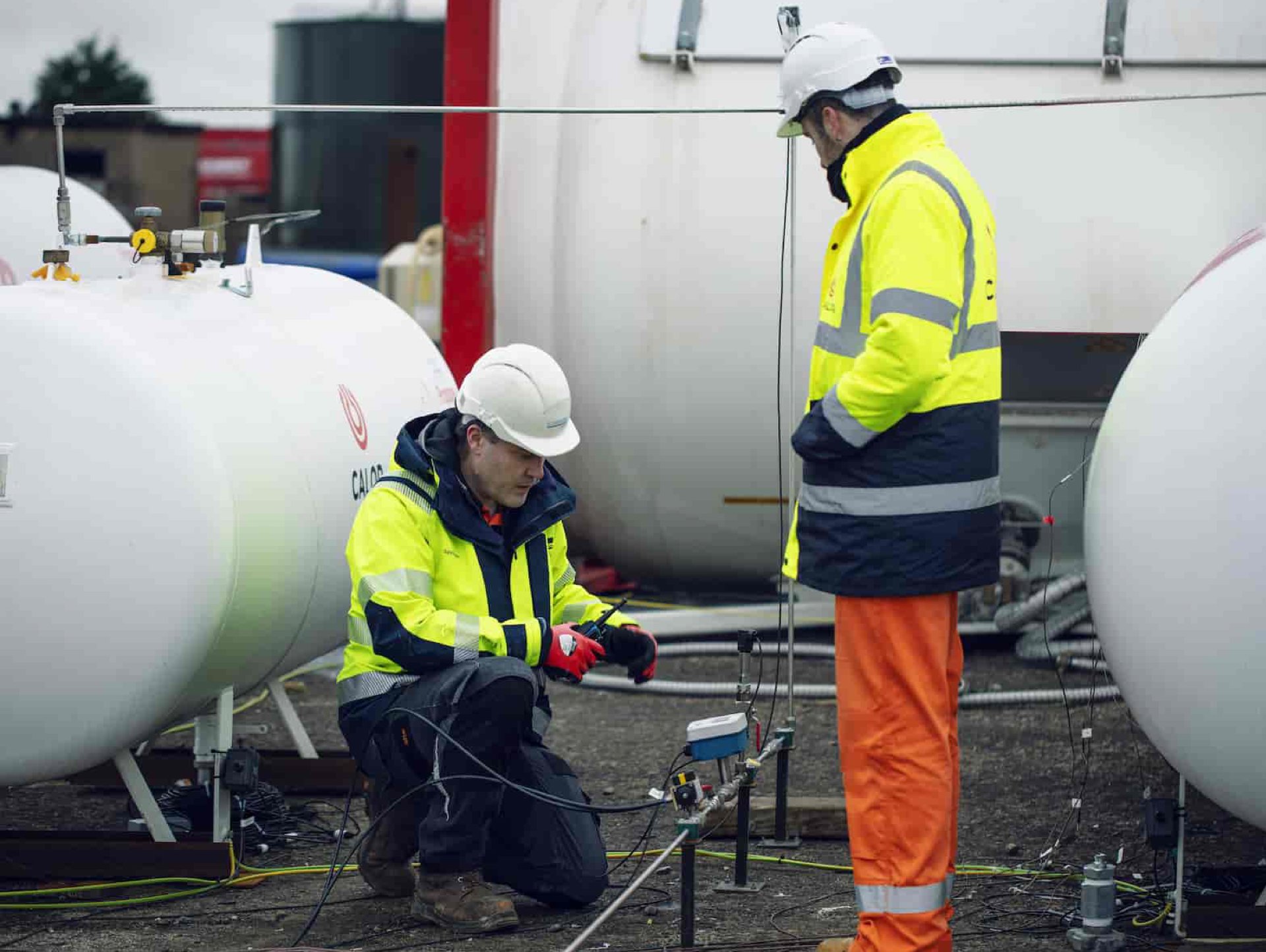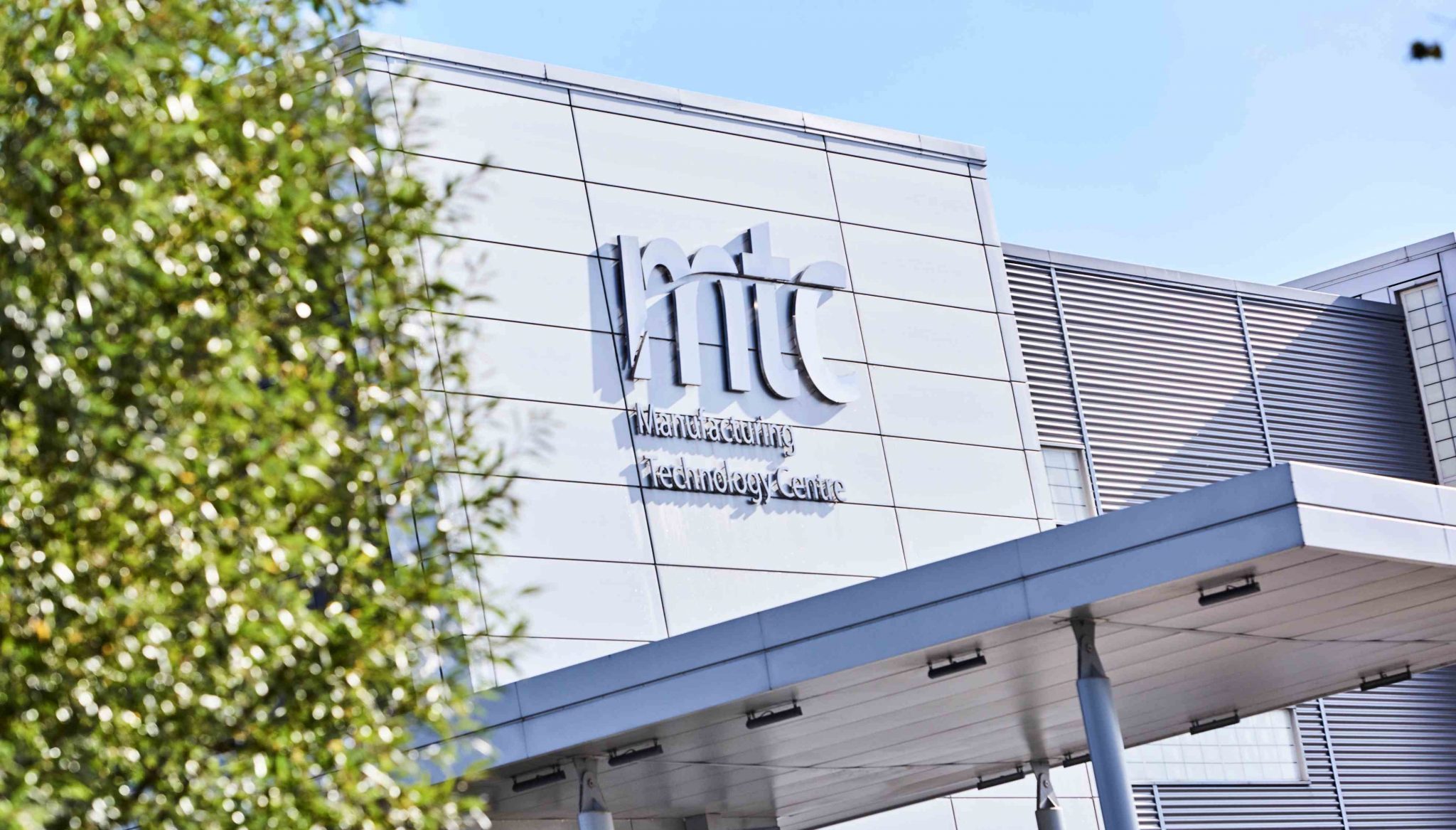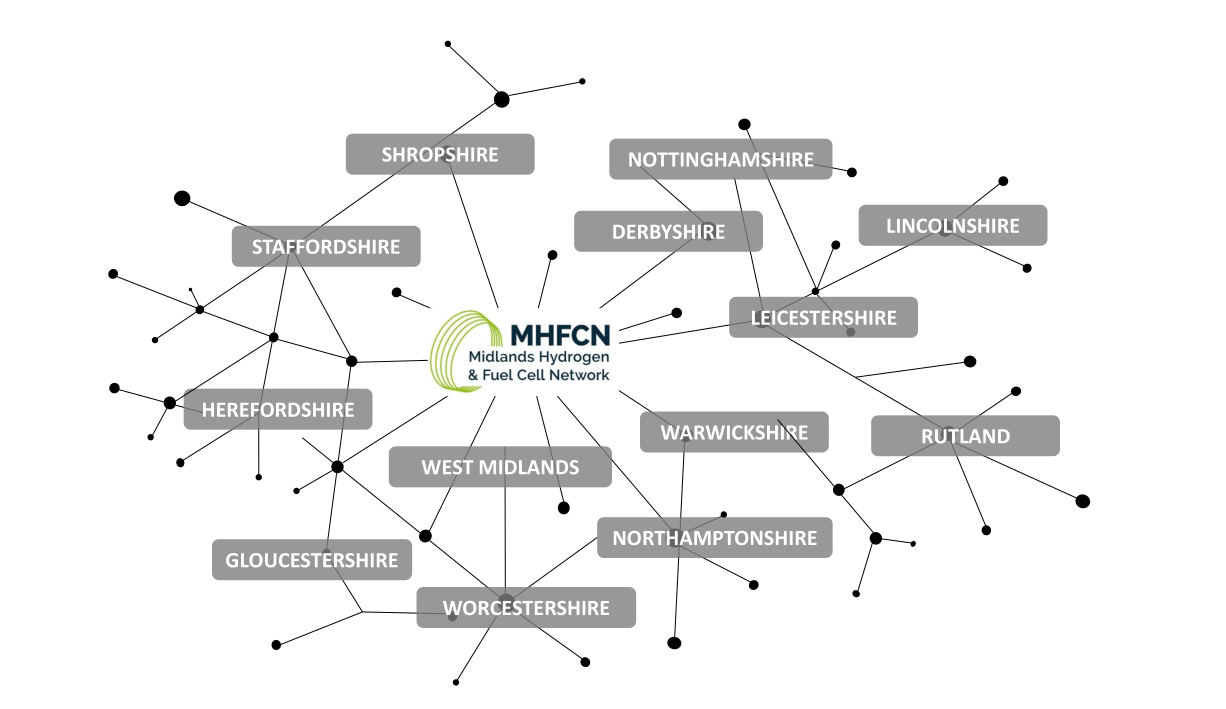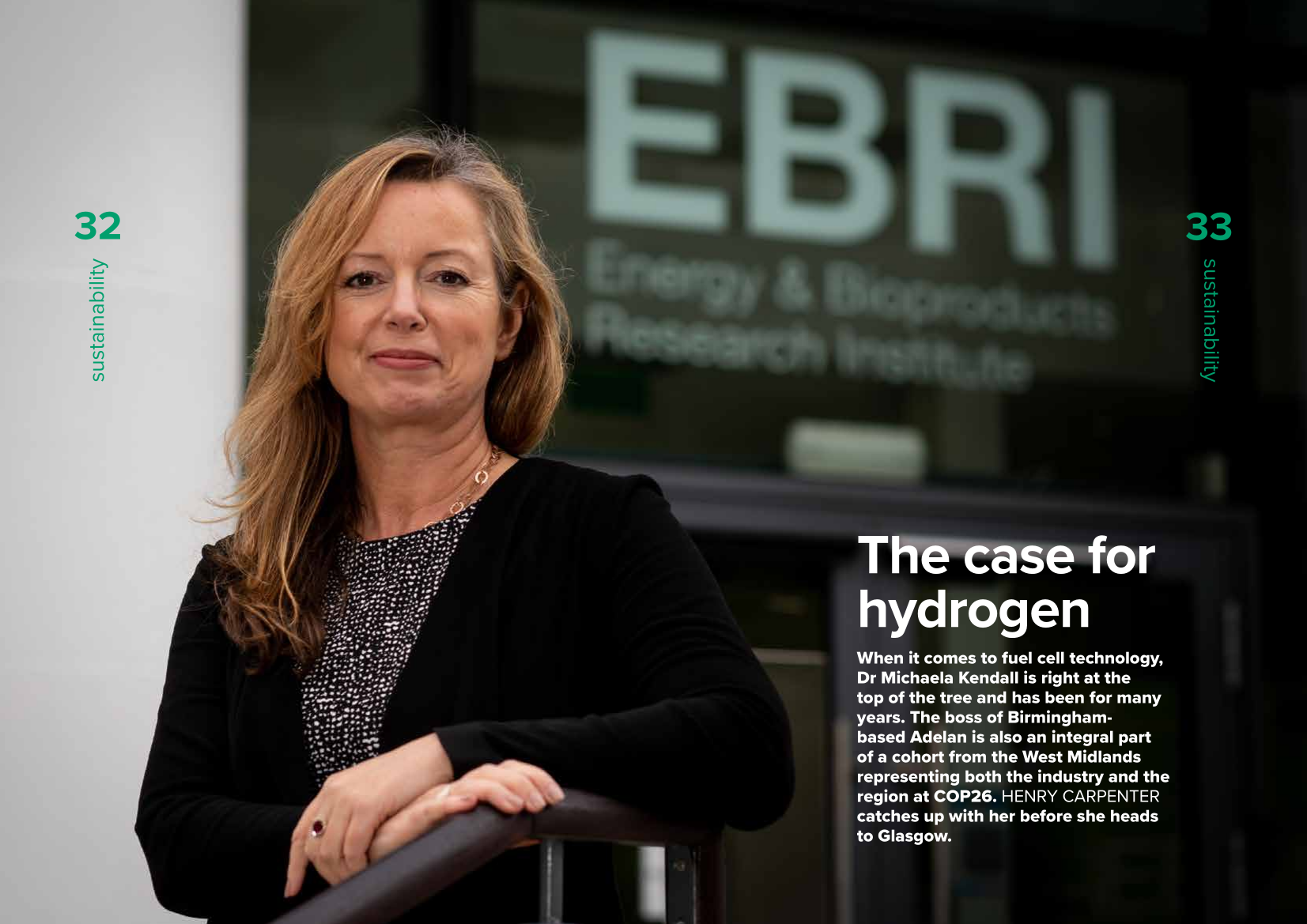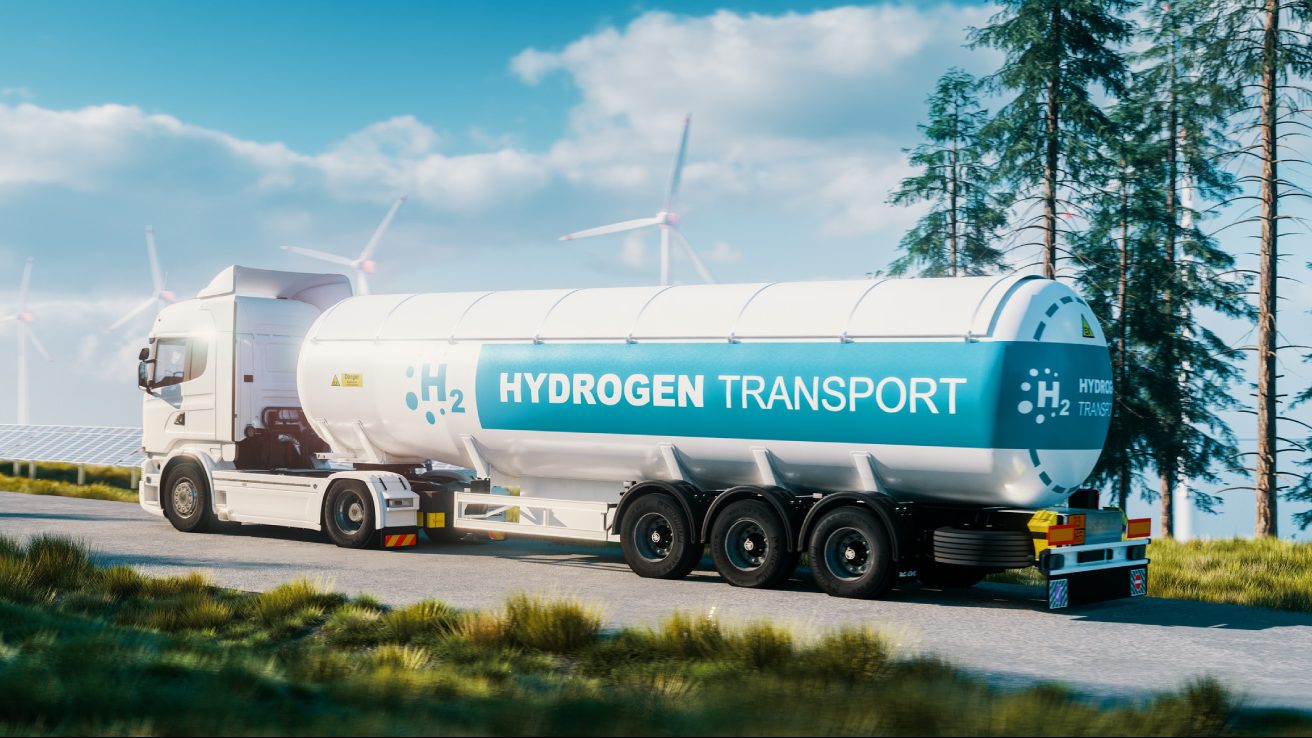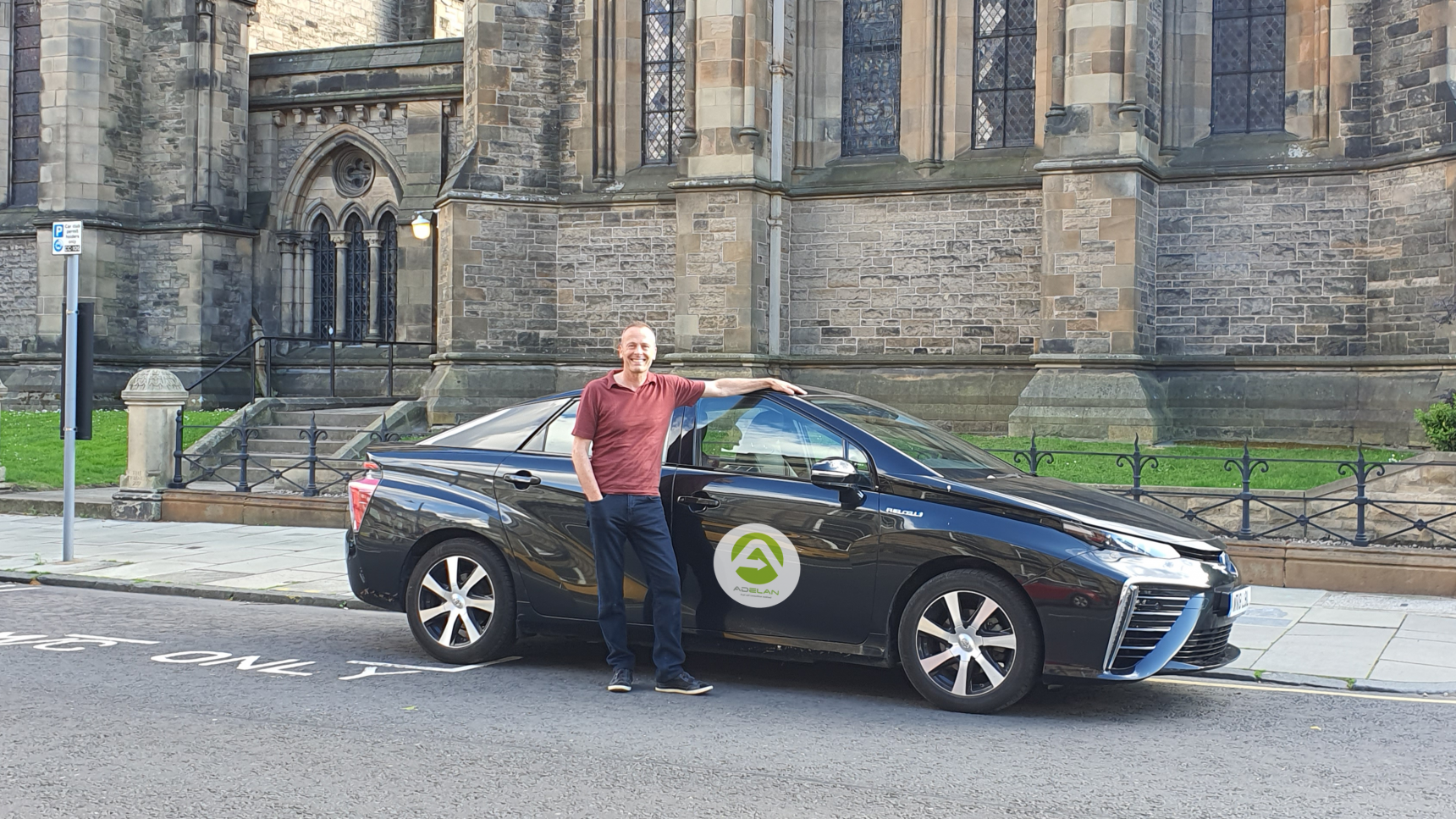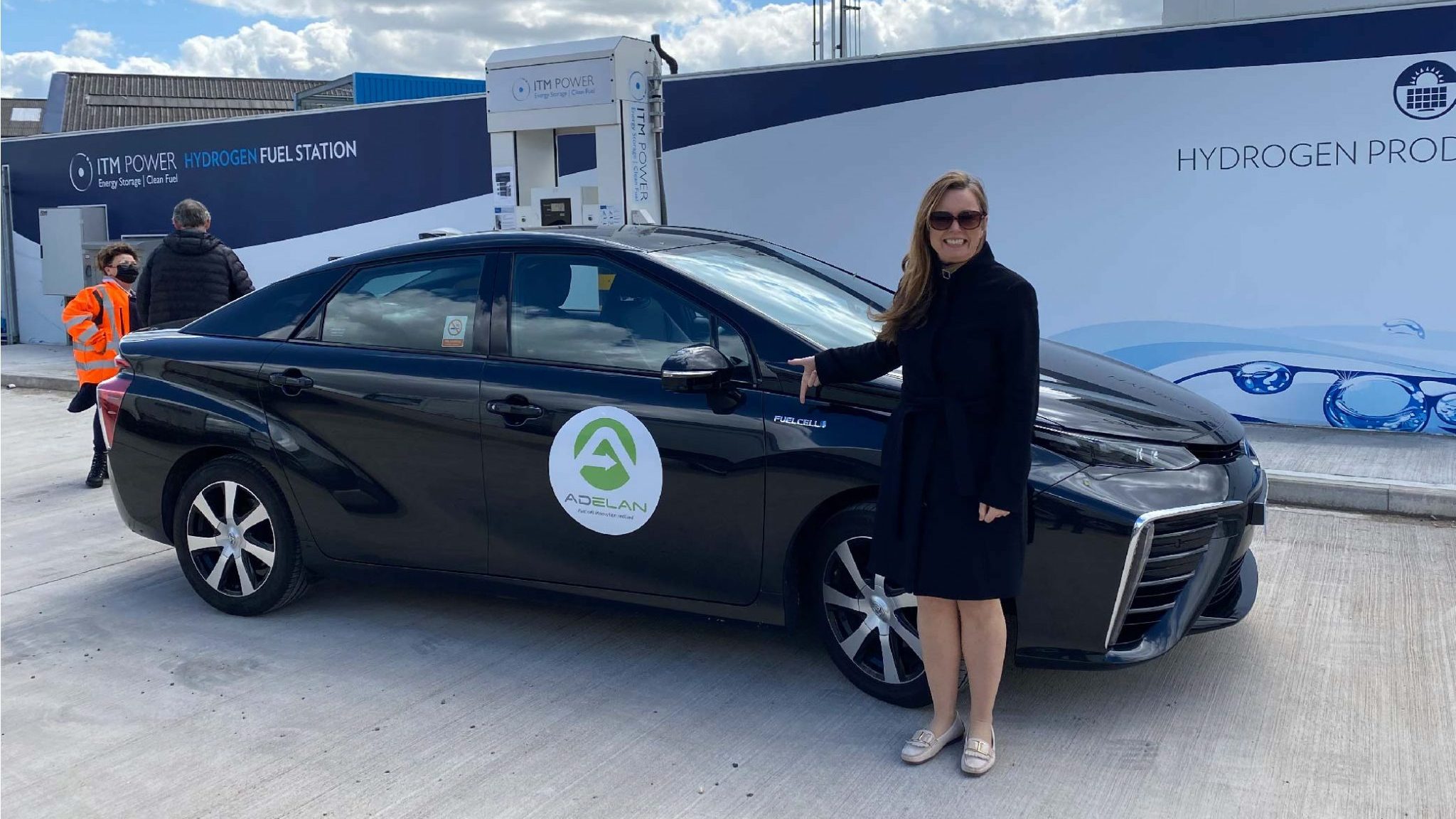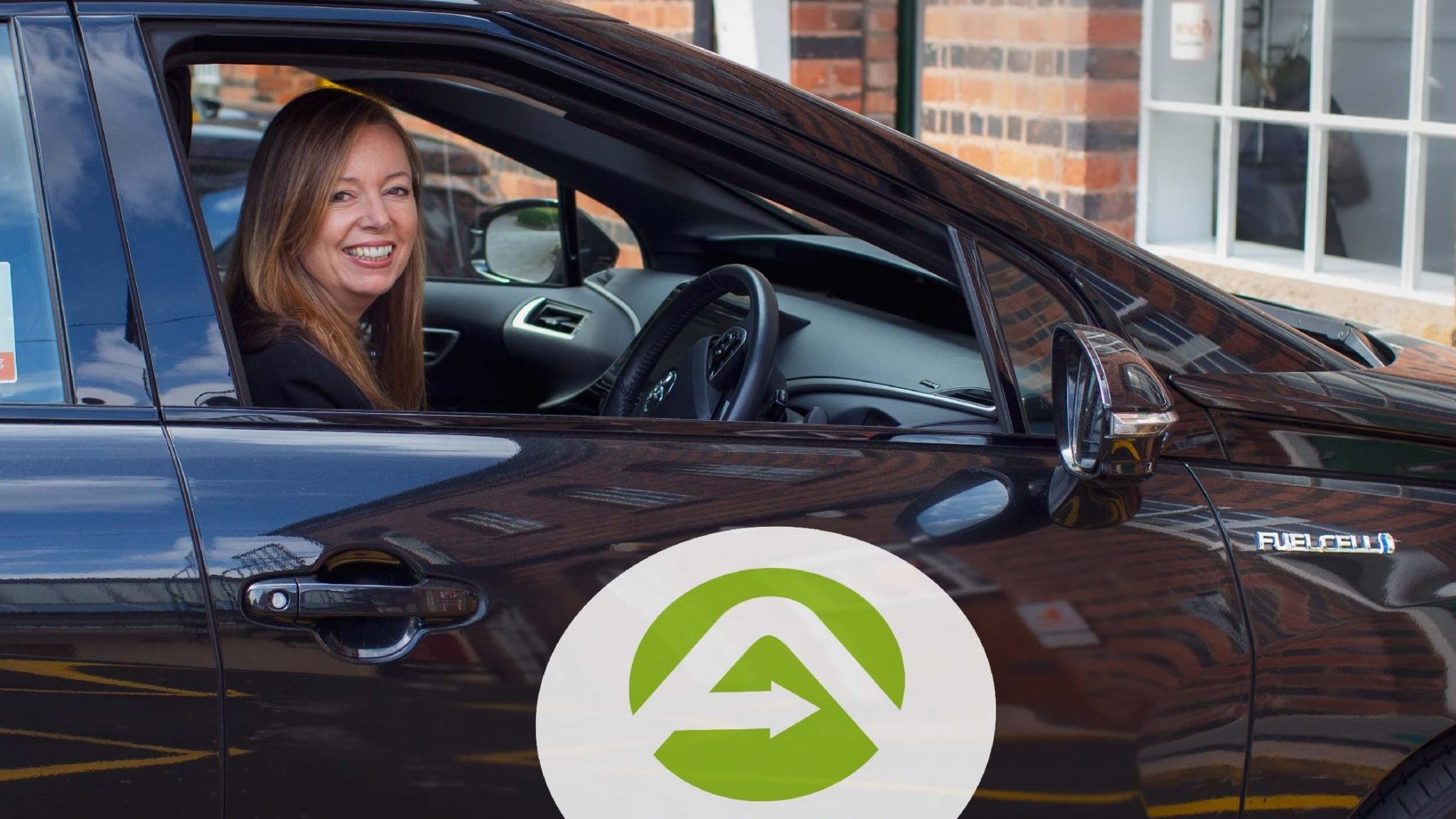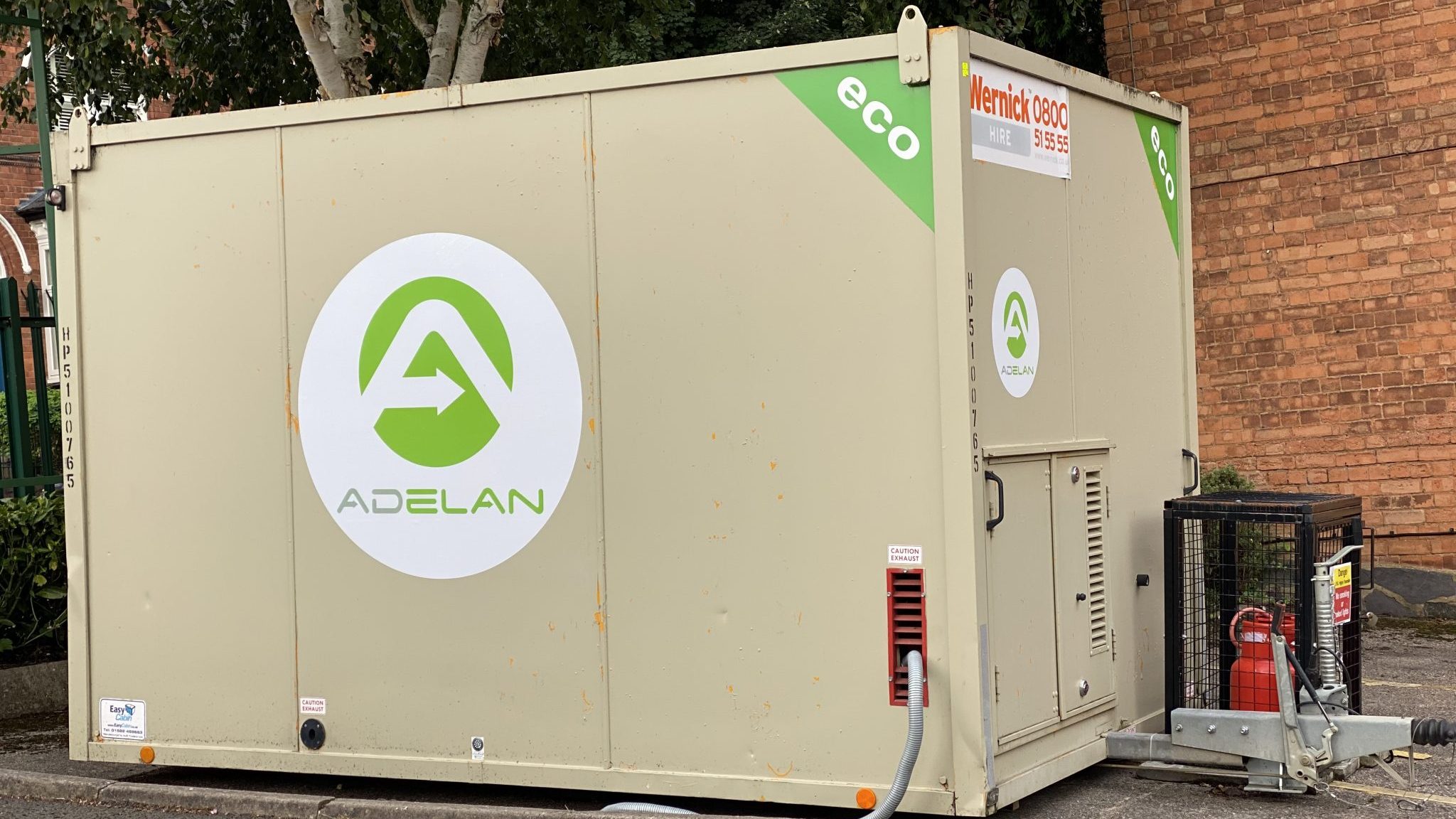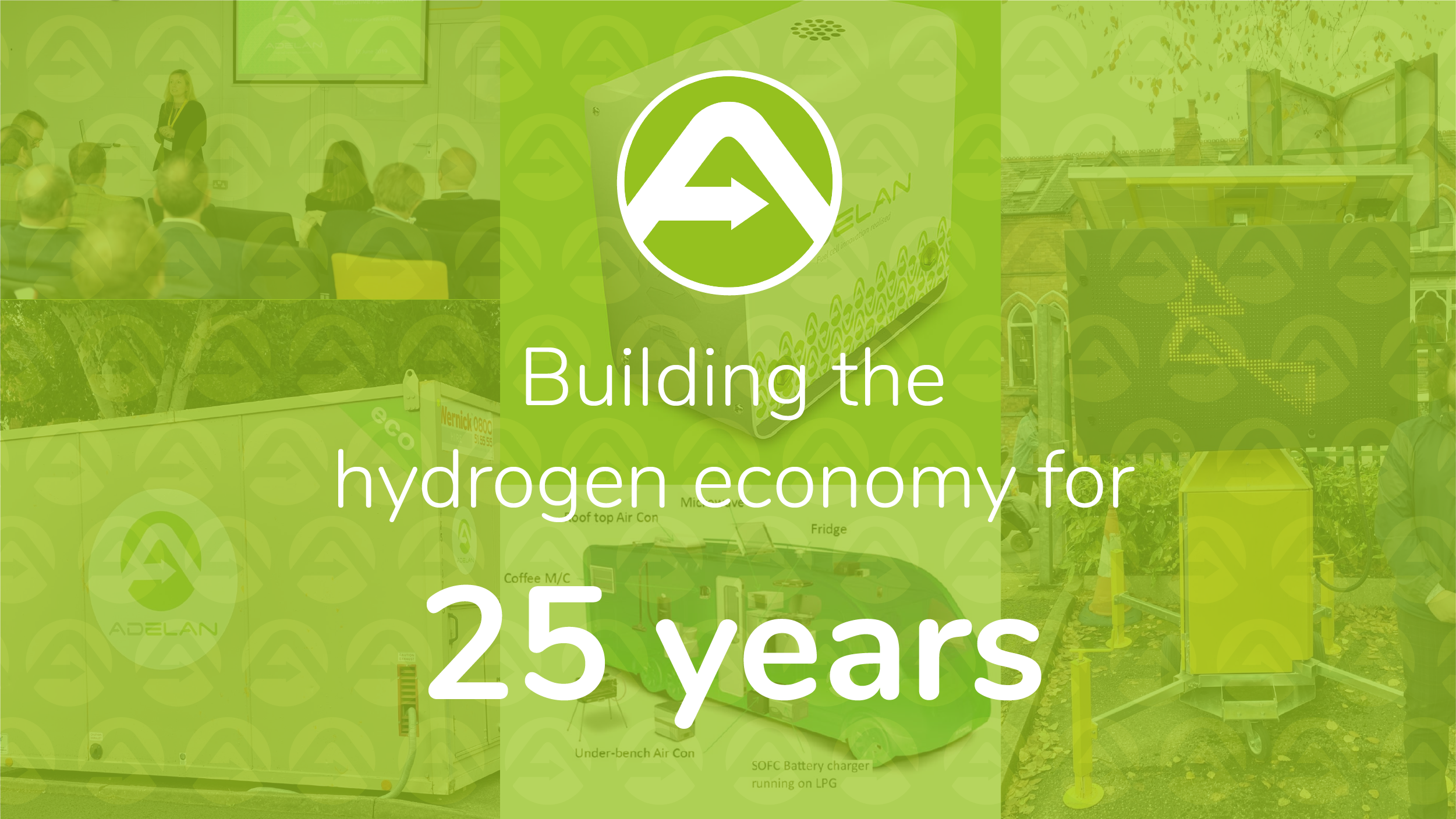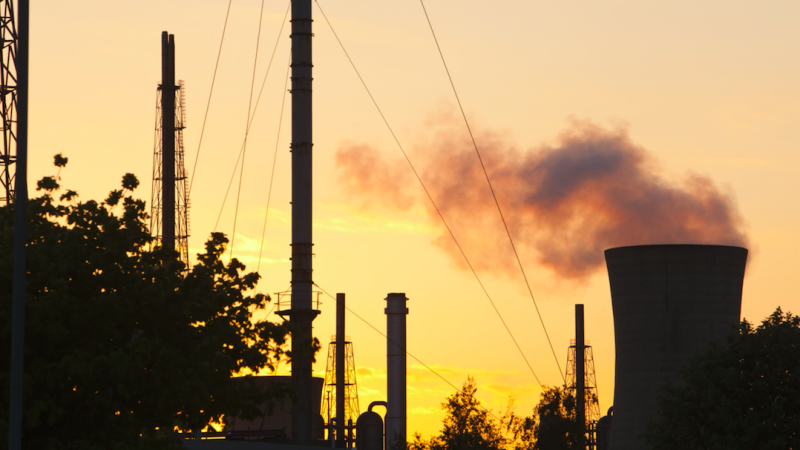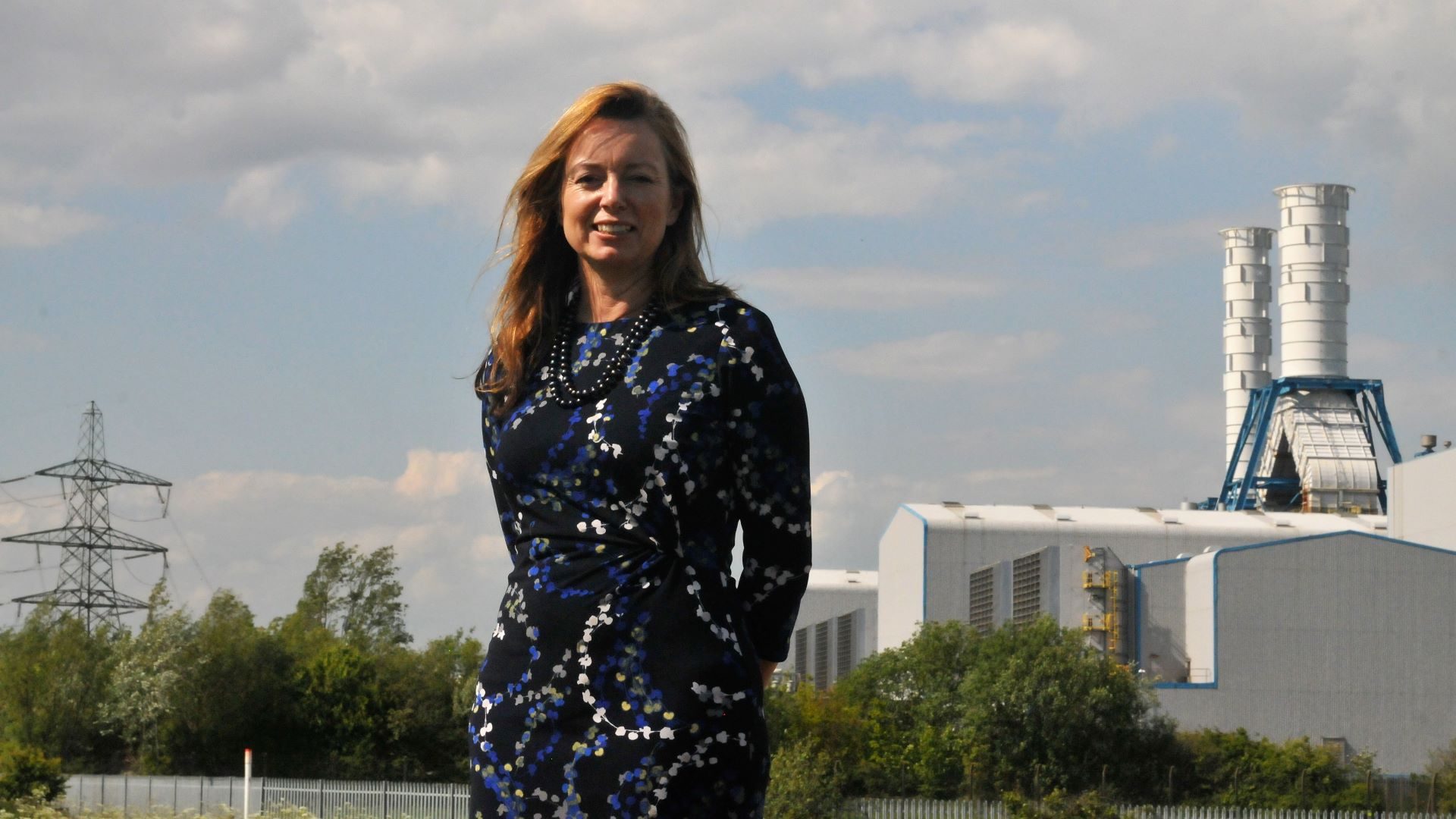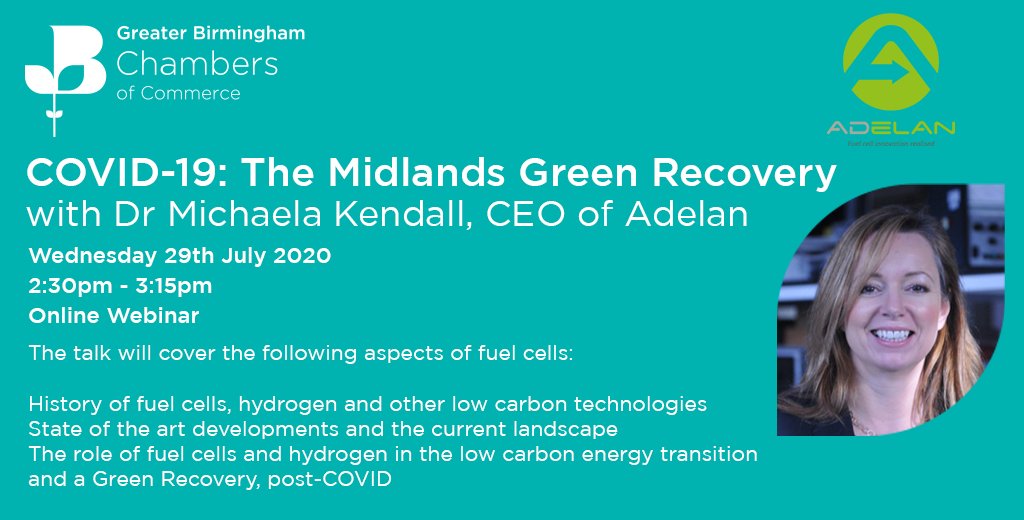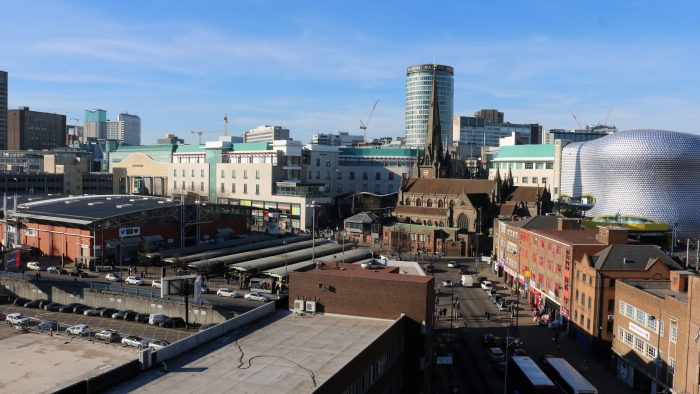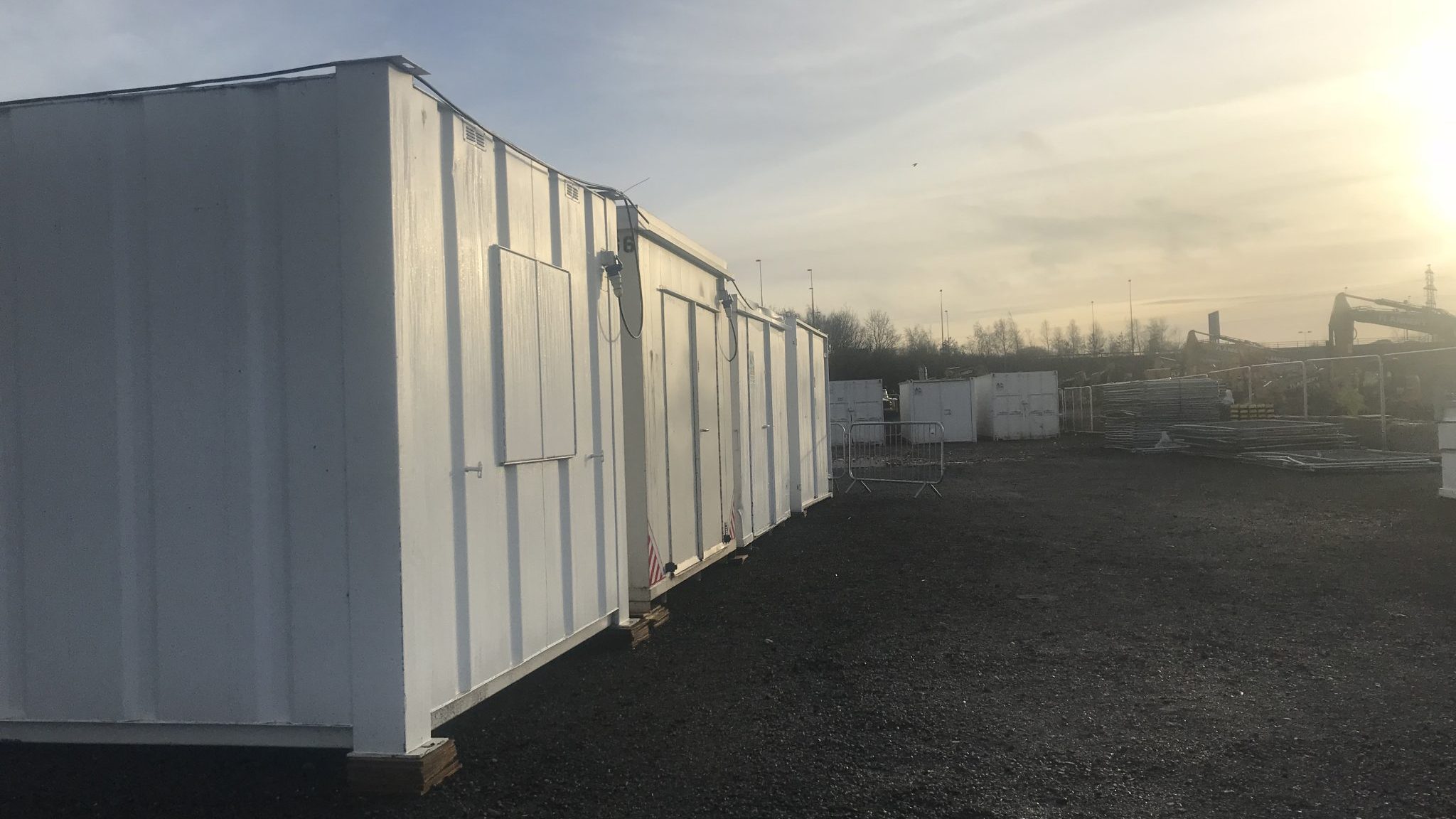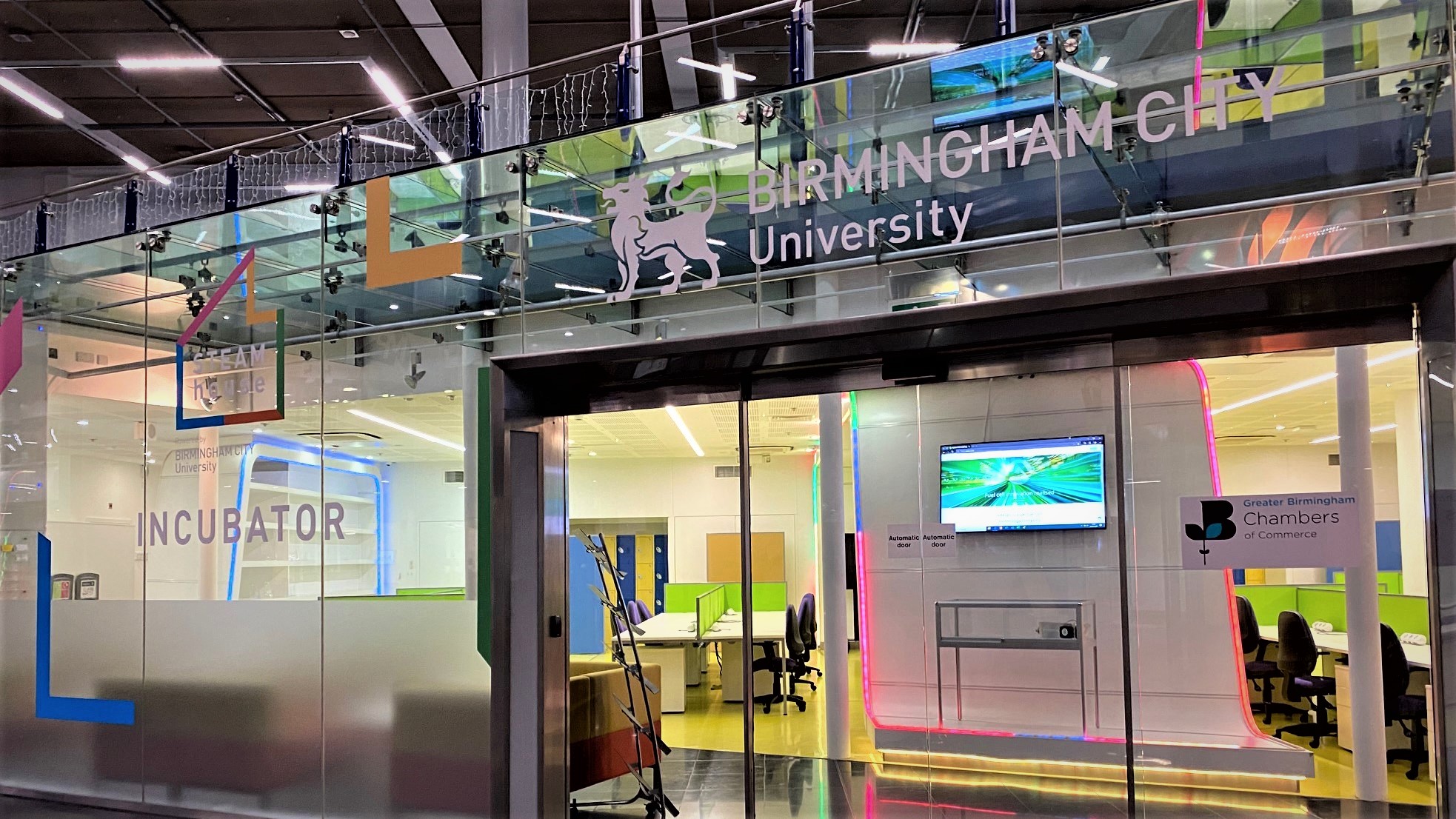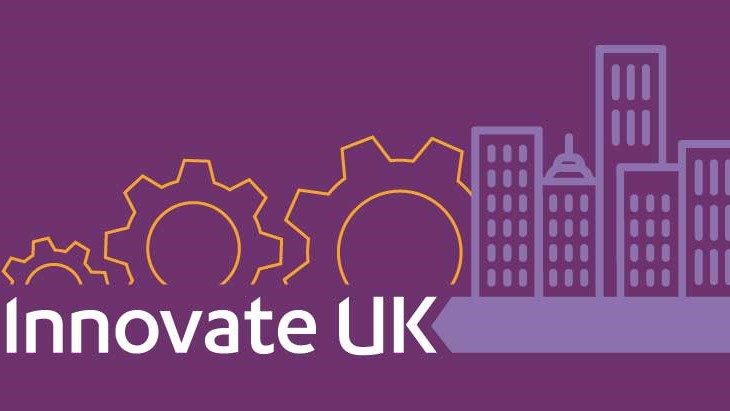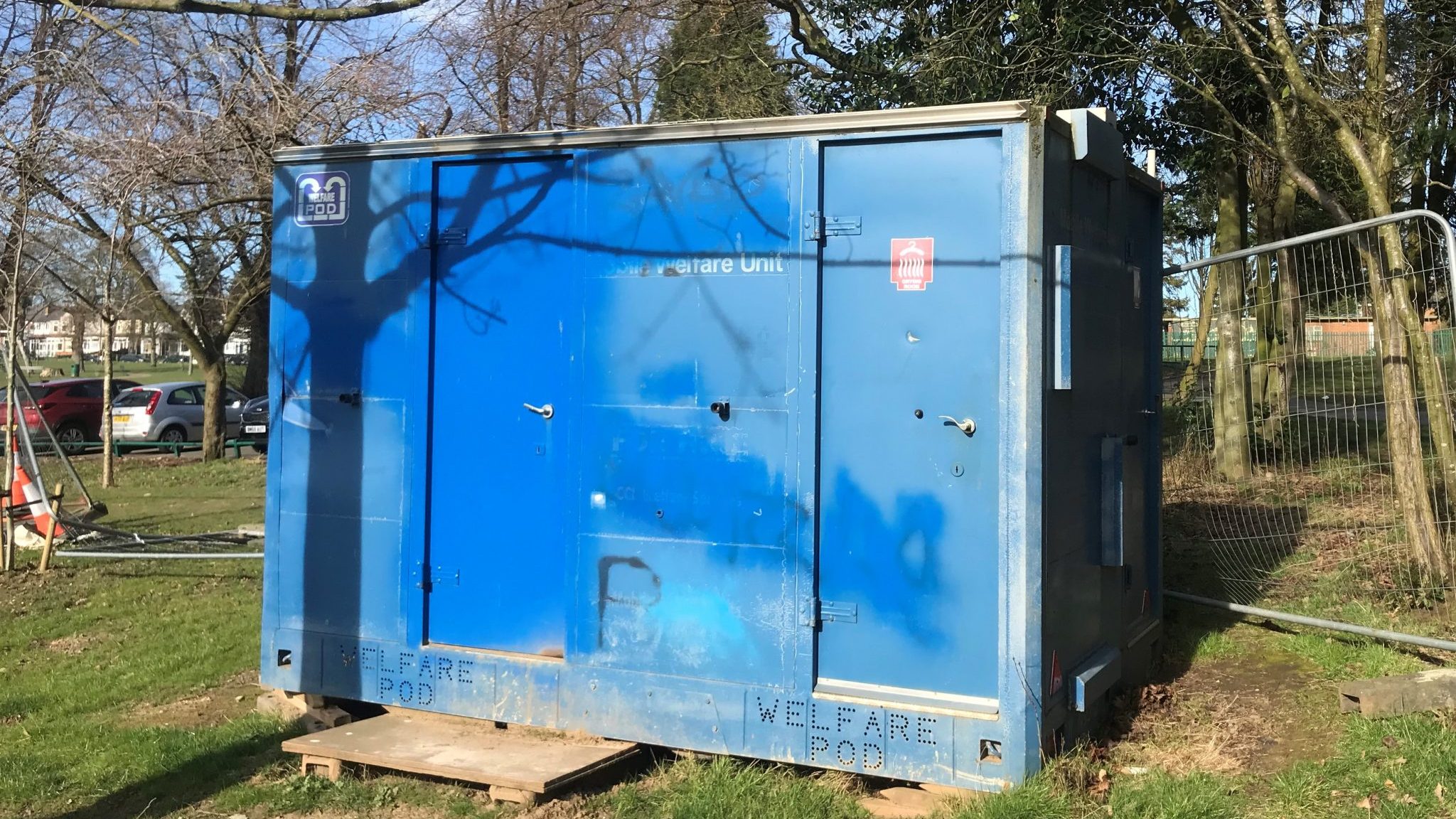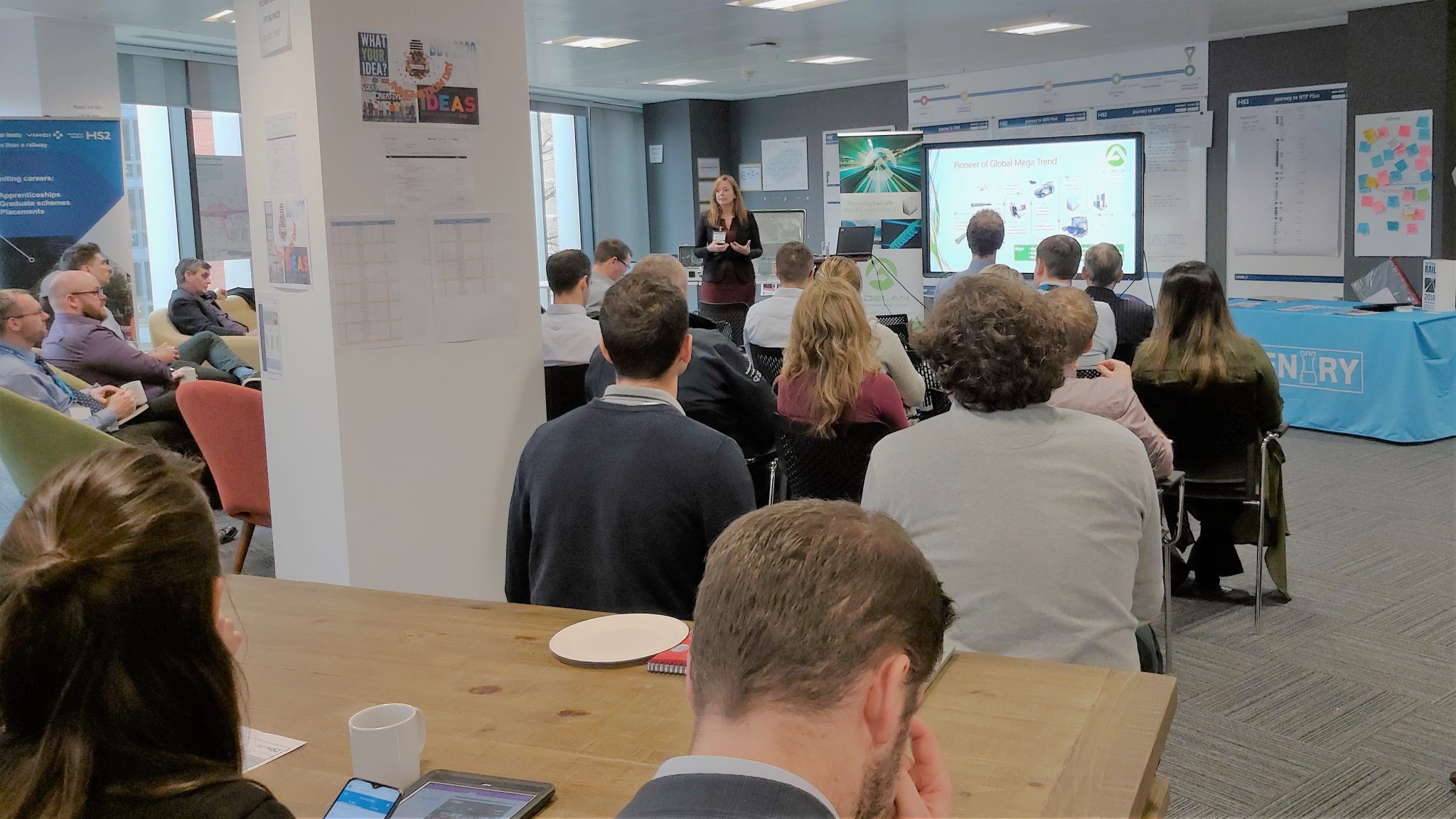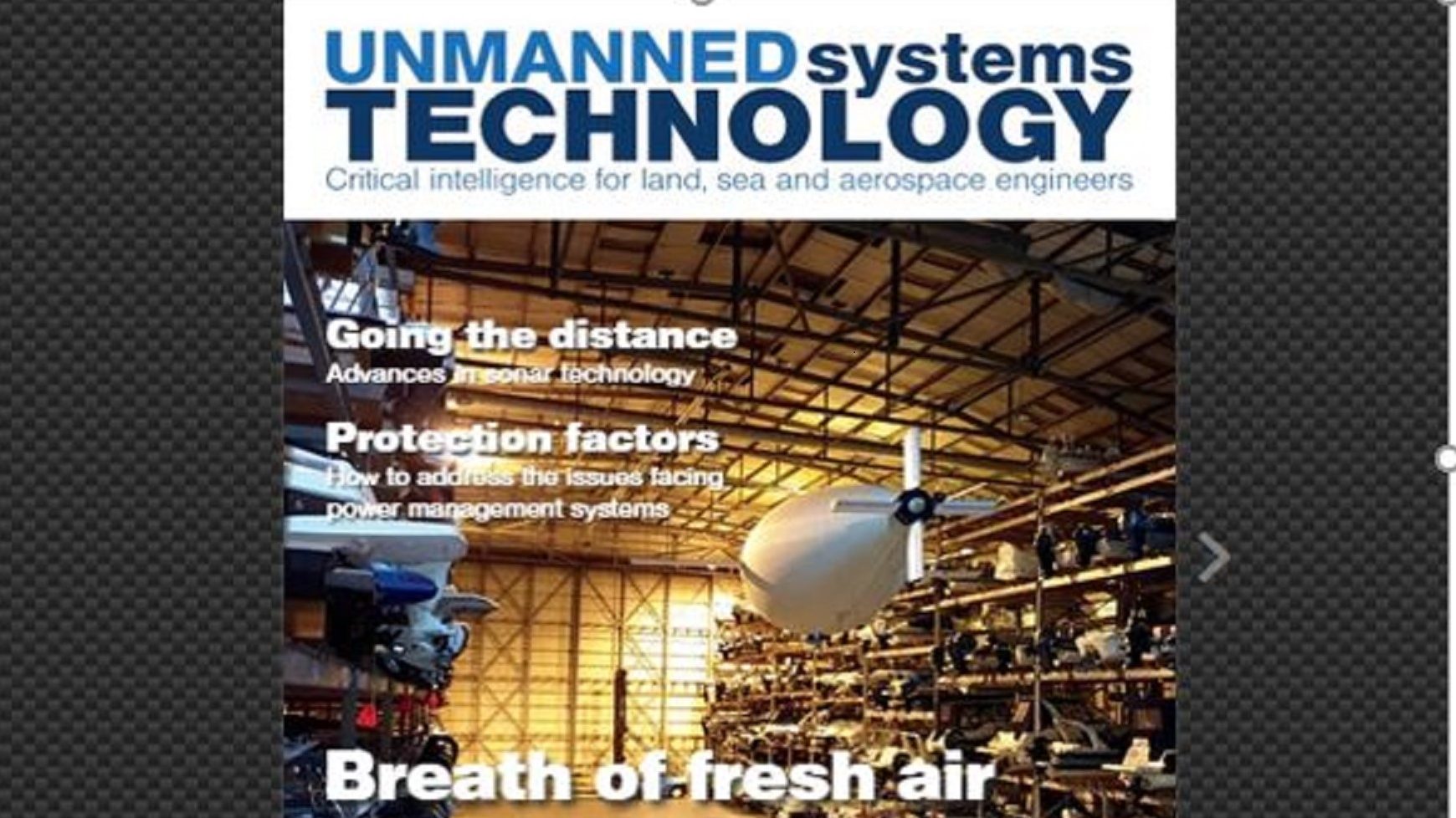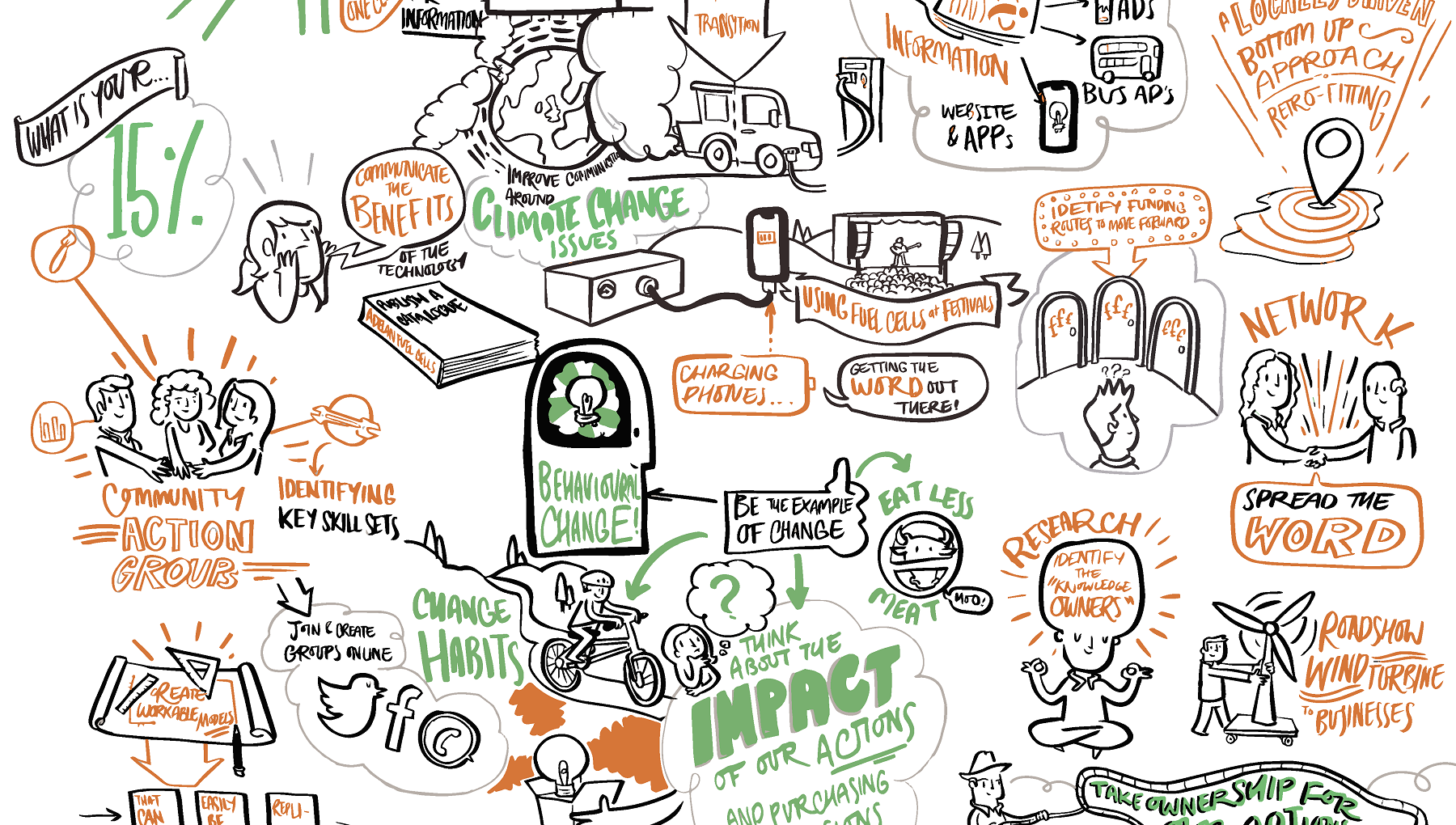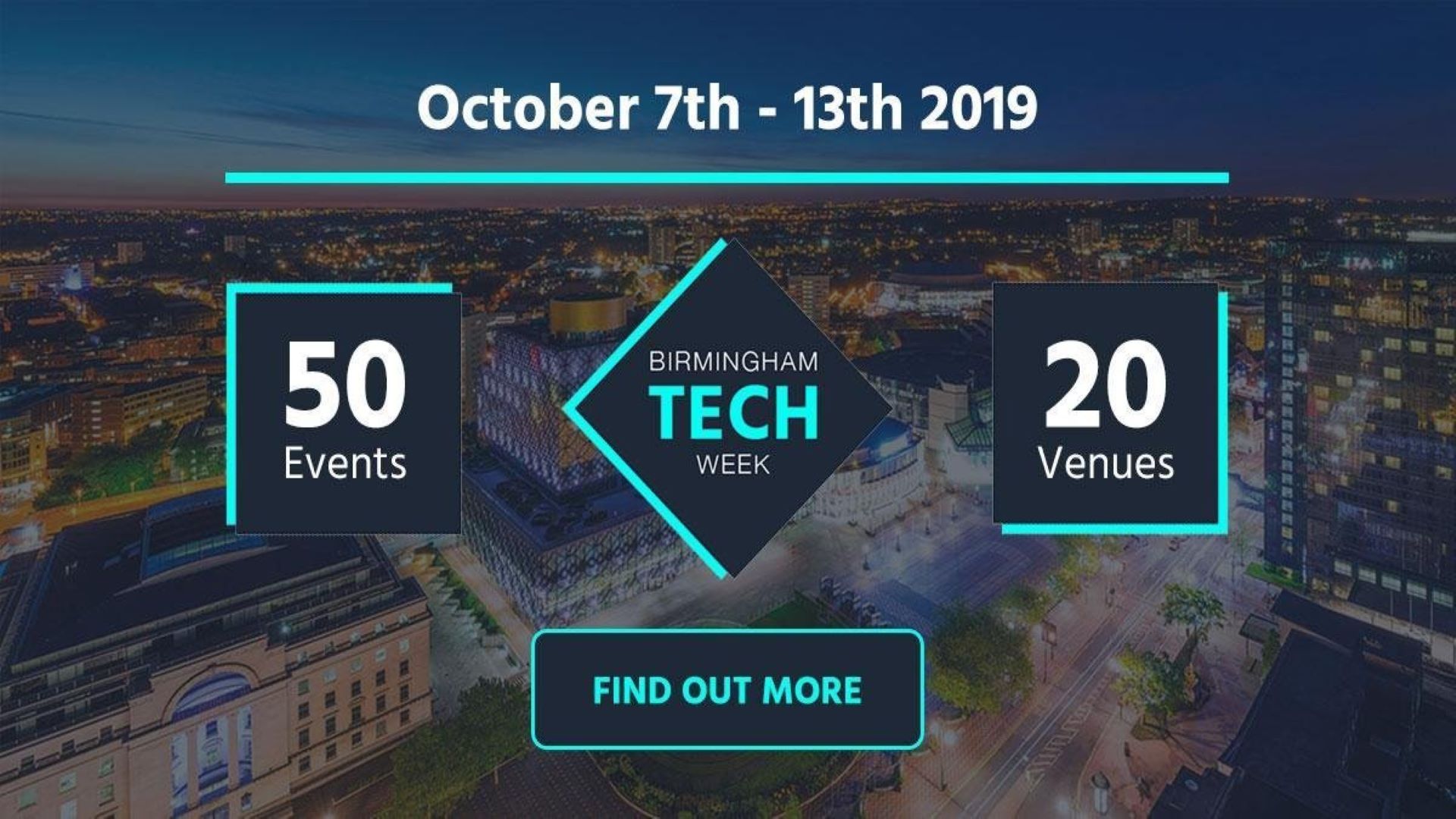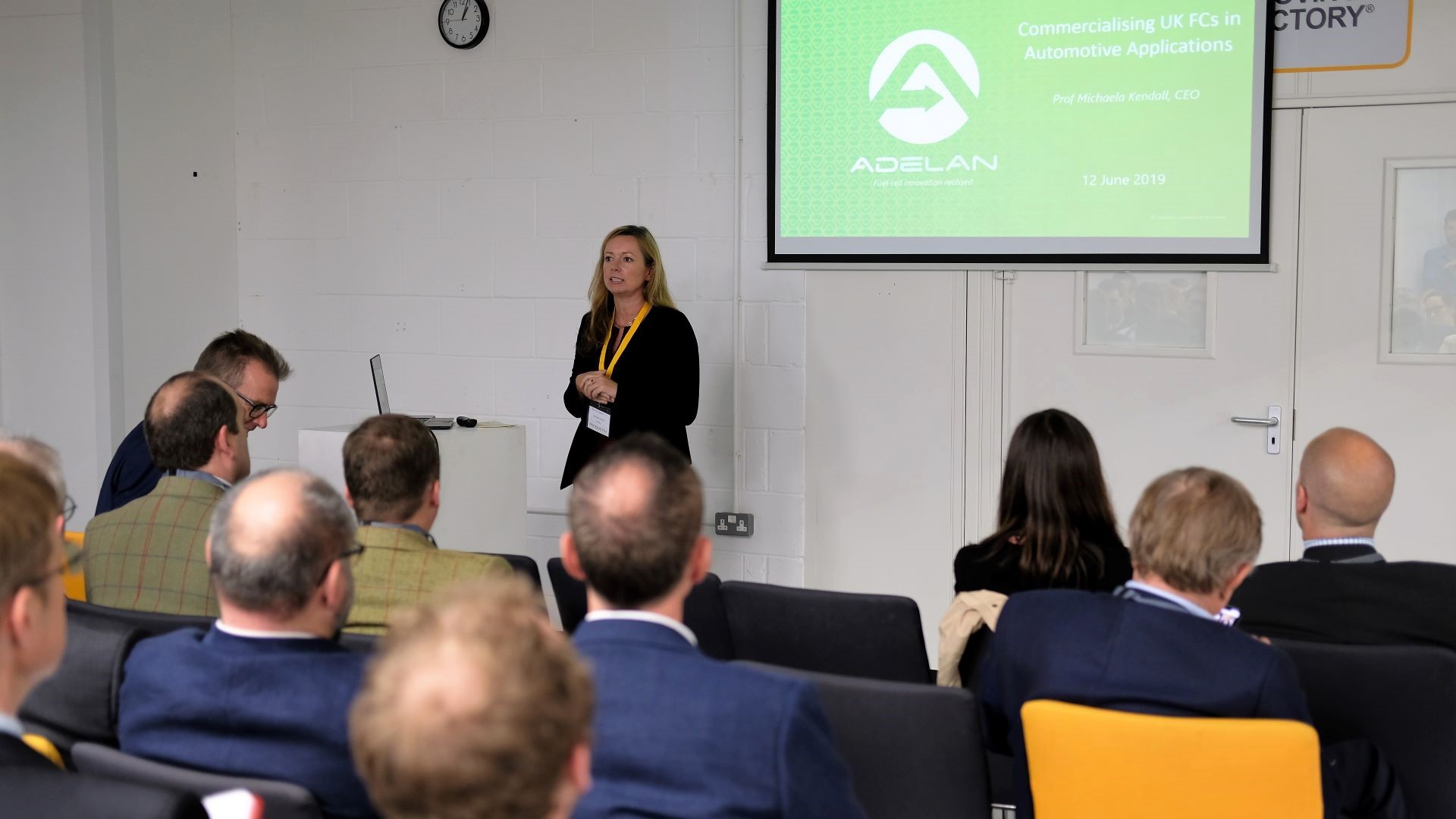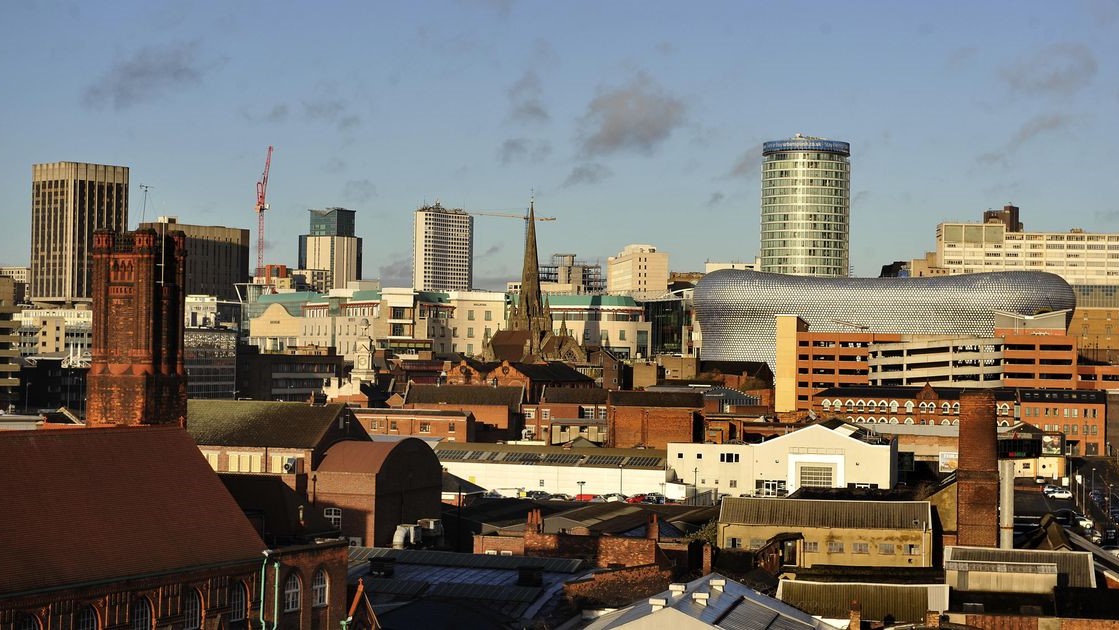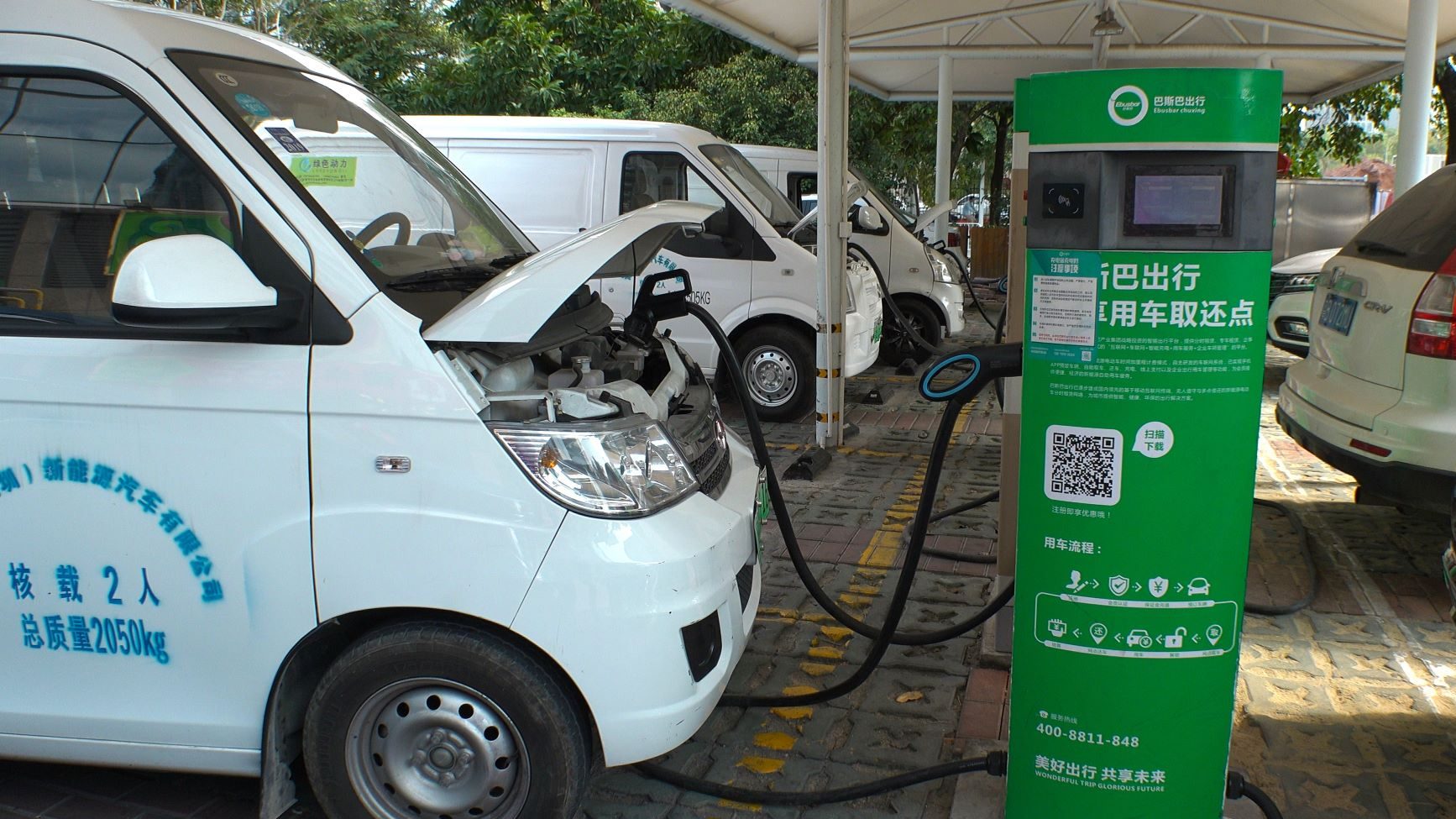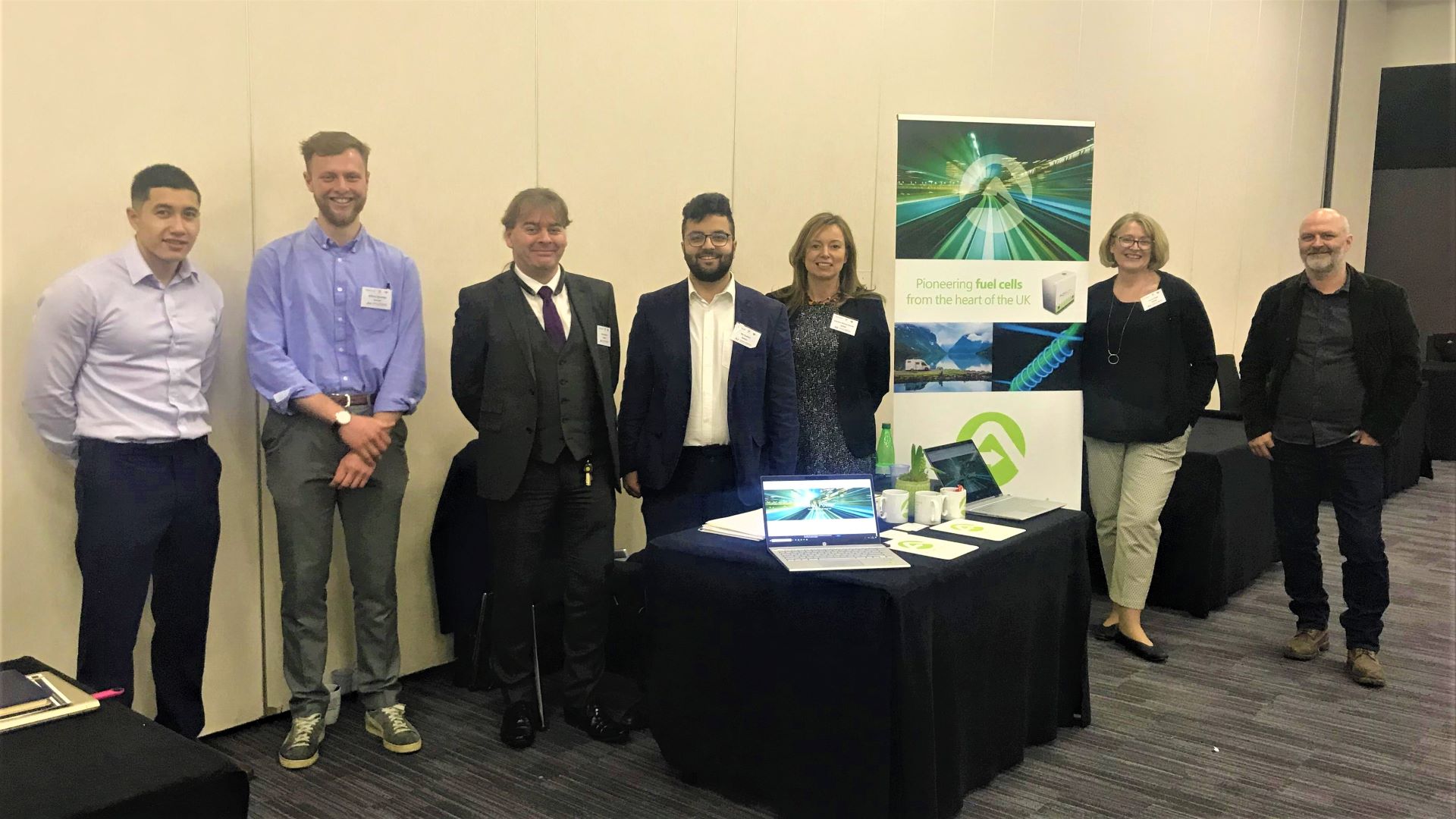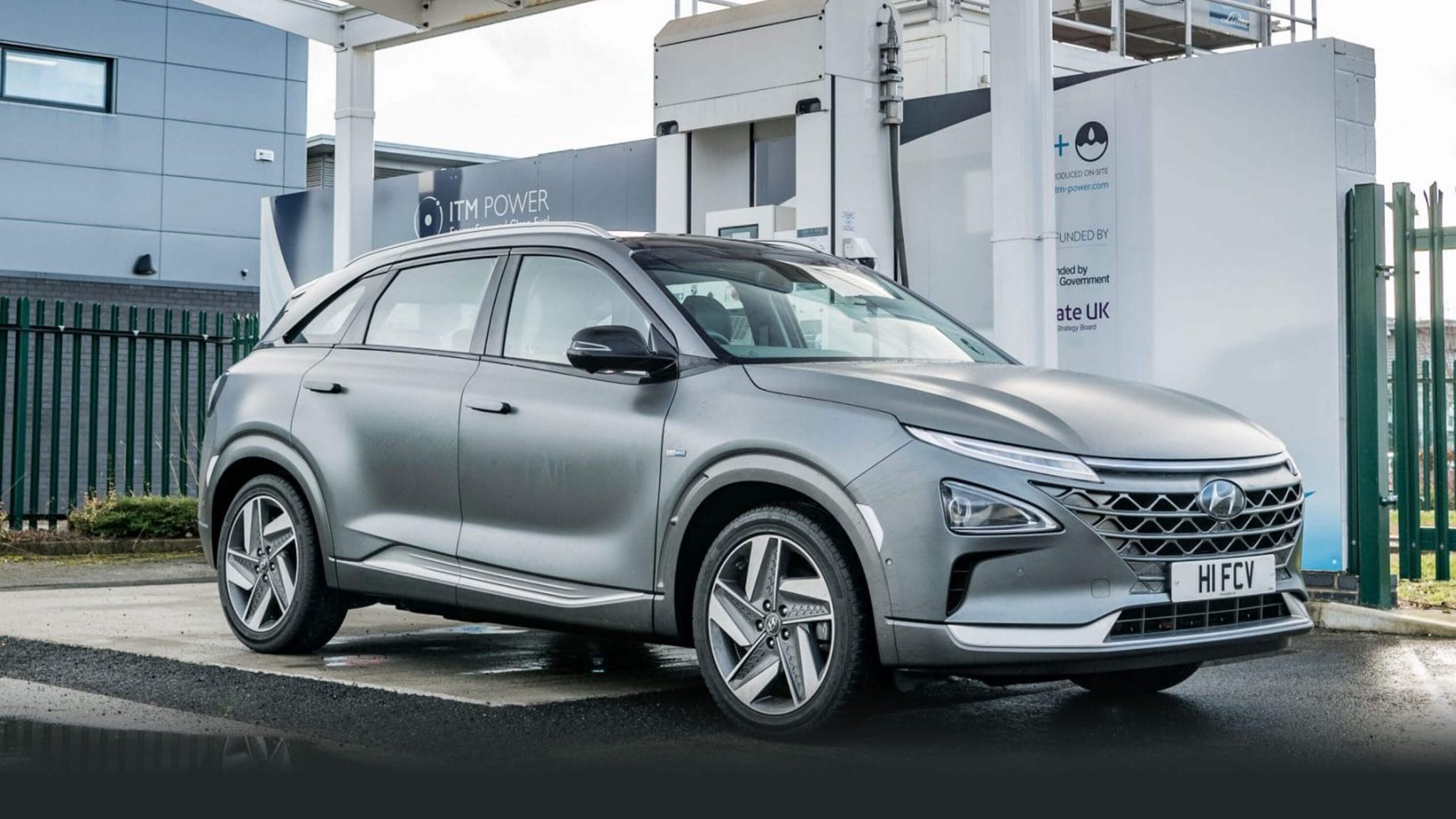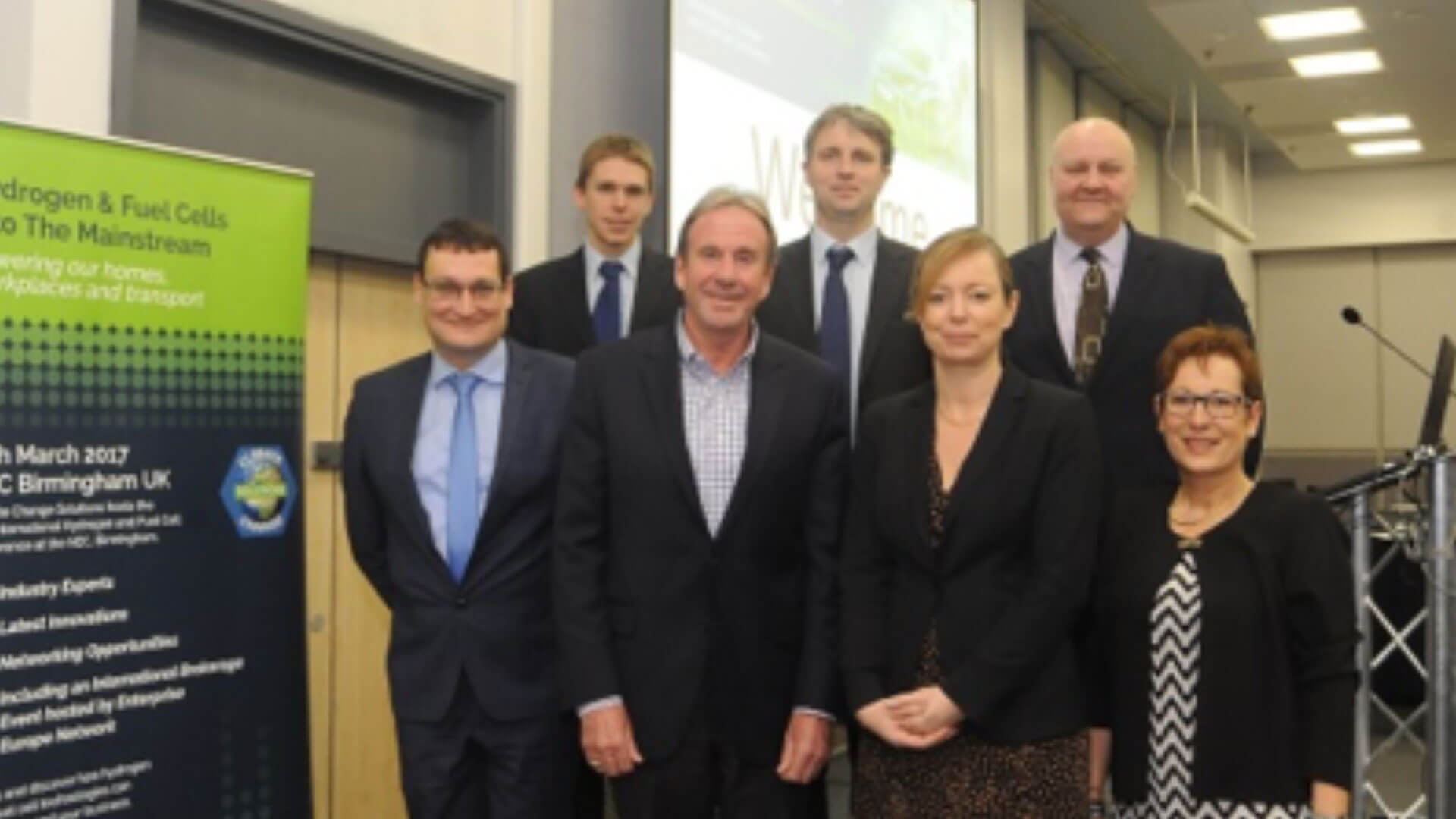Posted 23 Feb 2019
Claude Johnson, the route finder for the original 1,000-Mile Trial in 1900, had problems with snow. More than a century on, the weather still has surprises in store. The tyres of the Hyundai I am driving through the Peak District are slipping on newly compacted snow as all around cars are pirouetting into ditches. Alongside me, Robin Hayles from Hyundai UK is bracing for a double impact; that of a priceless, pre-production fuel-cell Nexo into a gyrating hatchback, and the lambasting he’s going to get from his boss for the madness of attempting this long-distance drive.
The 1900 challenge of completing 1,000 miles around Britain started at 7am on April 23 when 63 triallists set off from Grosvenor Place in London in a variety of vehicles including Panhard, Peugeot, De Dion, Wolseley, Benz and Daimler, driven by such luminaries as Charles Rolls and John Scott-Montagu, along with one female motorist; Mrs Louise Bazalgette in a Benz.
The reason for this caravan of spluttering, stinking pioneer motorists was to prove the efficacy and efficiency of the motor carriage to a sceptical Parliament, a wary public and dubious police and local officials.
We’re attempting it for much the same reasons. It’s 180 years since the fuel-cell’s basic catalytic reaction was discovered by Sir William Grove and 26 years since one of the first fuel-cell vehicles, Daimler-Benz’s Necar van, spluttered into public life, yet hydrogen’s potential to provide a viable, clean alternative to plug-in hybrid and battery-electric cars seems largely disregarded by – or unknown to – politicians, civil servants and the public.
Despite the weather, the most remarkable thing about the Nexo’s progress was its sheer unremarkableness
As Graham Cooley, chief executive of ITM Power, which makes and installs hydrogen energy systems, says: “The Government is putting 30 times more investment into battery power than it is into hydrogen economy yet it’s supposed to be technology neutral…”
Moreover hydrogen has the potential to profoundly change energy networks, storing, transmitting and decarbonising energy, as well as powering and heating our homes, offices and factories. I have been writing about this subject for almost 30 years, interviewing visionaries, scientists and engineers, yet have seen little, if any, government interest in the potential of hydrogen.
So it seems even more amazing that many hydrogen and fuel-cell specialists, including design and advanced manufacture of fuel cells, refuelling equipment and electrolysers that generate hydrogen from renewable electricity, are based in Britain.
Further, UK universities are conducting research into advanced hydrogen storage and fuel cell design, firms are looking at the equipment and science of refuelling, using hydrogen to decarbonise diesel fuel in heavy haulage and firms such as the AA are researching how to fuel and rescue hydrogen fuel-cell vehicles; all of it in Britain.
Hence this attempt, which roughly follows the route planned by the Automobile Club’s secretary, Claude Johnson, but owes almost as much to William Cobbett’s 18th century Rural Rides, as we stopped at three of the UK’s 12 public-access hydrogen filling stations and talked to the people involved in the world of hydrogen.
English presses on. To drive, a fuel-cell car is identical to a battery-electric one – you simply select Drive and put your foot down
Our transport is Hyundai’s Nexo, which this year joins Toyota’s Mirai as the second fuel-cell car on sale in the UK. Hyundai’s commitment to fuel cells goes back to 1998 when it developed a Santa Fe SUV fuel-cell research concept powered by a 75kW United Technologies Corporation fuel cell.
The Nexo, which goes on sale this spring is a £65,000, five-door, 4,670mm-long family SUV powered by a 161bhp, fuel-cell hybrid drivetrain with the company’s new 127bhp fuel cell and a 1.56kWh lithium-ion buffer battery driving the front wheels. Fuel capacity is 6.33kg of hydrogen gas stored in three tanks pressurised at 700bar. Its claimed range in the WLTP test cycle is 414 miles, with a top speed of 111mph and 0-62mph in 9.2sec; the Nexo is the state of the art in hydrogen-fuelled road transport.
Where Johnson sent letters to cycle shops, chemists and general stores to lay on supplies to meet the 1900 Trial’s daily requirement for 250 gallons of “motor spirit”, we have the estimable services of Fuel Cell Systems, specialist in the design and integration of hydrogen fuel systems and operator of a high-pressure refuelling truck, built with a grant from the Office for Low Emission Vehicles (OLEV).
Beth Dawson, the firm’s formidable major projects manager, is accompanying us. She has vast experience in the business of hydrogen storage and fuel cells and her design for a hydrogen mini-refueller made her a finalist in the Innovate UK Women in Industry awards – we’ve got one of them with us, installed in a van driven by George Flinton, AA Patrolman of the year. Yorkshireman and as cool as a freezer, Flinton exudes a muscular calm far beyond his 24 years – he also wears aviator-style sunglasses in the snow.
Hayles swears he’s not paranoid, but fills the Nexo at every opportunity, so after leaving the Dorchester Hotel on Grosvenor Place we silently whisk to the Heathrow refuelling station and then to Johnson Matthey in Swindon, where we refuel for a second time and have a guided tour of this phenomenal facility in the company of Mike Petch, its technology director.
Only 90 miles out of the capital, this relatively small-scale, clean-room factory is capable of making enough proton-exchange membrane (PEM) fuel cells for between 5,000 and 10,000 cars a year depending on whether it’s a Range Rover or a Mini. It also makes the worst coffee in Britain.
Each PEM fuel cell gets about 0.4g of platinum catalyst per cm2, which means a fuel-cell car typically requires four to five grams (typically about £500 of metal), about twice the amount in a conventional car’s exhaust catalyst, although fuel-cell platinum loadings are being reduced and it is all recyclable, unlike current practice with the cobalt and lithium-ion contained in a primary drive battery.
Filling with hydrogen is as easy – and safe – as conventional petrol or diesel
With a brimmed tank we scamper north. Fuel cells embody stealth, since they drive like a battery car and fuel at the speed of a petrol. Outside of its drivetrain, luxury and comfort, there is nothing remarkable about the Nexo other than its sheer unremarkableness. We stop at Chester, which was a halt on the original Trial; that’s 251 miles at an average of 47.5mph.
Day two is tough. We have to traverse the Peak District to Sheffield and ITM’s turbine-powered electrolyser refuelling station. After that, en route to more fuel in Sunderland we have only the mini-refuellers as back-up; about 30 miles for each of the six 300bar cylinders. As Dawson says: “The mini-refuellers will get you out of trouble, but it’s like painting your car with aerosols.”
Retreating from the snowy, impassable high peaks, we drive the long, low-altitude route to Sheffield, filling the Nexo carefully to ensure a brimmed tank. It’s counter-intuitive, but cold weather means you don’t get quite so much liquefied hydrogen fuel into the tanks. Dawson explained and my head hurt.
On we go… it’s counter-intuitive, but cold weather means that you don’t get quite so much liquefied hydrogen fuel into the tanks
Cooley explains that ITM has three new filling stations in construction, three more with planning permission and others in the planning stages, but they’re all in the south-east. Car makers still complain they can’t test in the UK and as Amanda Lyne, chair of the UK Hydrogen and Fuel Cell Association, says: “We need 65 hydrogen stations across the UK; industry is willing to invest, but it’s a risk and we need government to help.”
We leave Graham and gingerly head north. It’s minus 2 degrees C, but we turn down the energy-sapping heater and put on gloves, bound for Sunderland and the FCS filling truck.
It’s painful, easing the Nexo along deserted moon-lit, frosty roads, but at 1am in Morpeth, 30 miles out of Sunderland, we admit we’re not going to make it. AA patrolman Flinton is utterly brilliant, but my head freezes at the thought of a stroppy traffic copper seeing us fiddling around with tanks of hydrogen in the wee small hours.
Caught short: a top-up of hydrogen from the attendant AA van was required at Morpeth, 30 miles short of the scheduled refuelling stop
We’re careful to not park under a street lamp, too. Hydrogen is pretty safe, but when you purge the fuel lines it vents vertically at 45mph; those experienced with the technology at its onset will have heard the “pop” as vented gas ignited against unshielded lamps.
The contrariness of Government regulation becomes clear during the morning of the third day. You paid for the FCS refuelling truck with your taxes, but another Government department won’t allow this truck to drive on the Queen’s highway with hydrogen on board, which means the truck is unable to do its job of mobile refuelling. To get around the problem, Hyundai pays BOC Gases to deliver hydrogen fuel to Haskel, specialist in refuelling rigs and hydrogen (its boosters are used on the truck), at its Sunderland depot. The truck goes there, takes on the fuel and gets ready to refuel the Nexo.
You paid for the Fuel Cell Systems (FCS) refuelling truck with your taxes, but another Government department won’t allow it on public roads with hydrogen on board…
This regulation-inspired Byzantine craziness is further compounded when there is a minor issue refuelling the Nexo, which means we only get a partial refill and have to revisit ITM in Sheffield to get a full fill.
Disconnected thinking appears to epitomise the Government’s approach to hydrogen. Dawson says: “The Government insists it is technology agnostic yet last year it invested £23 million in hydrogen and fuel cells via OLEV compared with £246 million it directed specifically into battery technology.”
So Claire Perry, the energy minister, who visited Johnson Matthey last year, might see the potential of this fuel to provide efficient and clean energy, joined-up storage solutions and decarbonised transportation, but that vision cuts across the responsibilities of transport minister Chris Grayling, that of the environment minister Michael Gove and that of business and industrial strategy minister Greg Clark – and they’re all far too busy arguing about Brexit to see how absolutely important this is.
English pilots the Nexo back into London after a trek around Britain, clocking up 1,000 miles in the process at an average of 30.7mph
In the end we make it: 1,072 miles in three days at an average of 30.7mph and an average consumption of 66.9 miles per kg of hydrogen. We trundle gently back into London to take photos and creep home; in 1900 the 46 finishers had a party.
Along with the Emancipation Run from London to Brighton, that original Trial changed everything for UK motoring. It persuaded Parliament to raise the overall speed limit from 12mph which encouraged new manufacturers into the market, which in turn encouraged fuel suppliers, service agents, breakdown services; the complete infrastructure of modern motoring. Could this 1,000-mile run do the same for hydrogen?
It’s unlikely, but whatever you think of the race between hydrogen and battery technology, they should both be given an even break. As Michaela Kendall, founder and chair of the Midlands Fuel Cell and Hydrogen Network, says: “We need to value the fuel-cell sector in the UK; there are clear signals the world needs it and, yes, it is on the move right now.”
Almost there… the Nexo on The Mall approaching Buckingham Palace, only half a mile from The Telegraph’s offices, where the 1,027-mile challenge ended – in success
At about £1 million each, 65 hydrogen filling stations on top of those already built or planned would cost less than £65 million and at least half of that would be covered by industry. People talk about chicken and egg in the fuel-cell world, but this run surely proves the chickens (cars) are ready; our Nexo didn’t miss a beat.
All we need now is the eggs (fuel). Surely we’re not going to miss out on the nascent hydrogen economy for want of a few filling stations, are we?
Credit: Andrew English
View Telegraph Article







